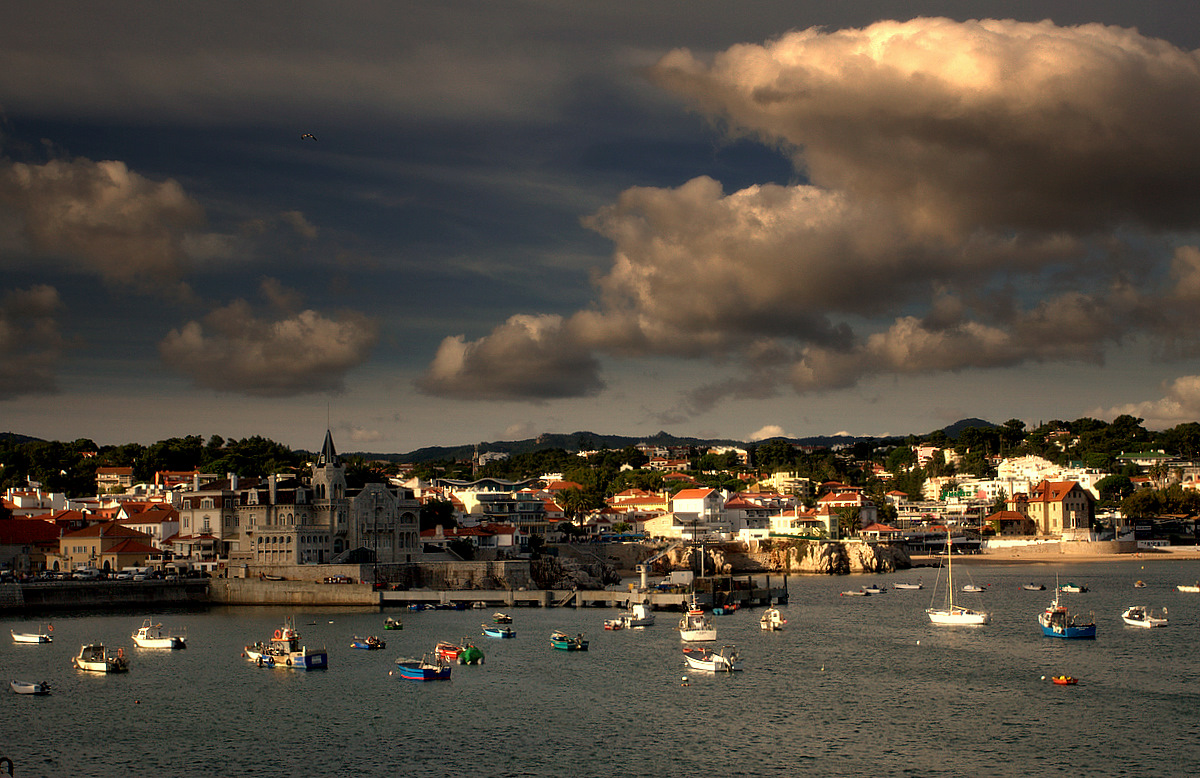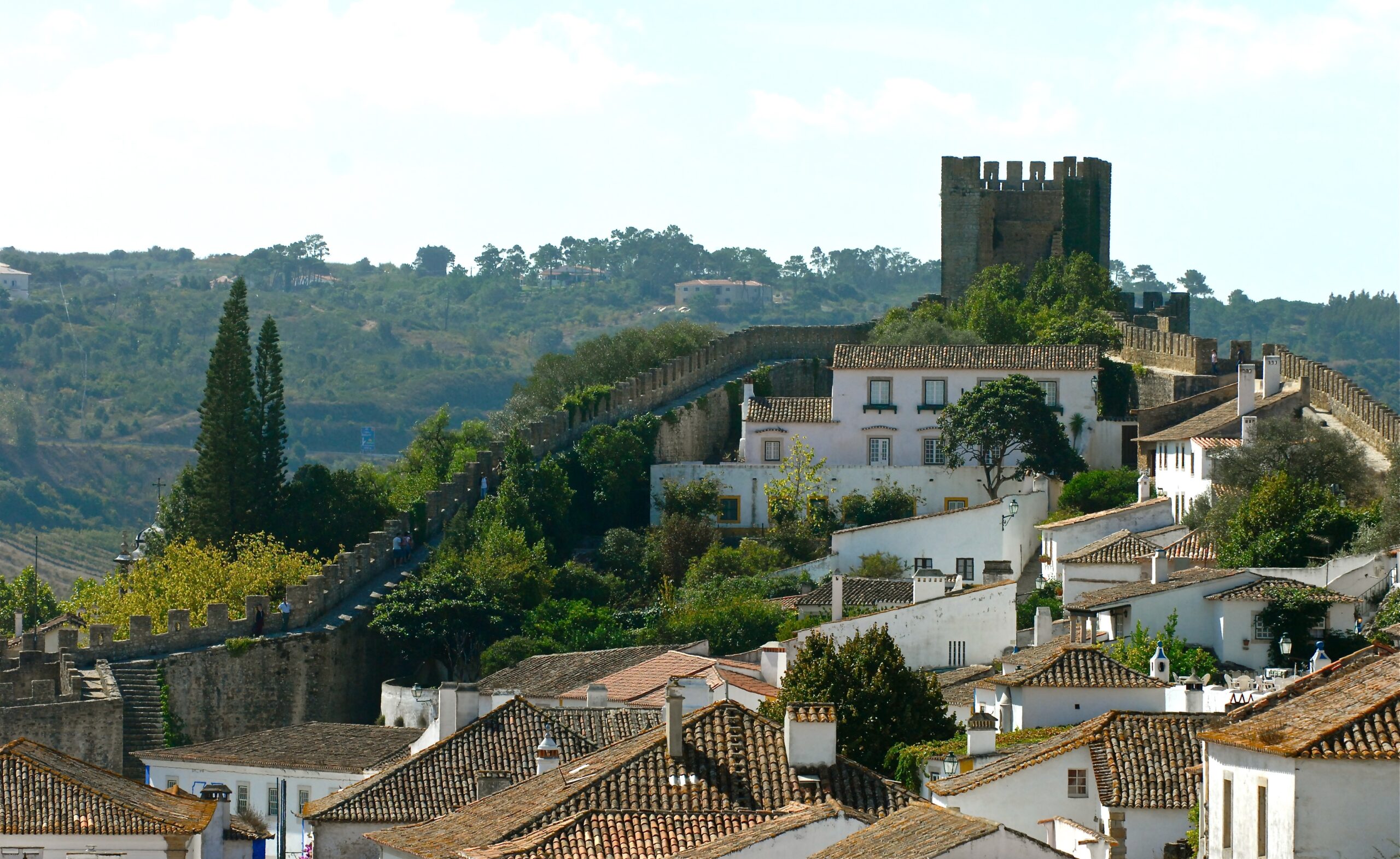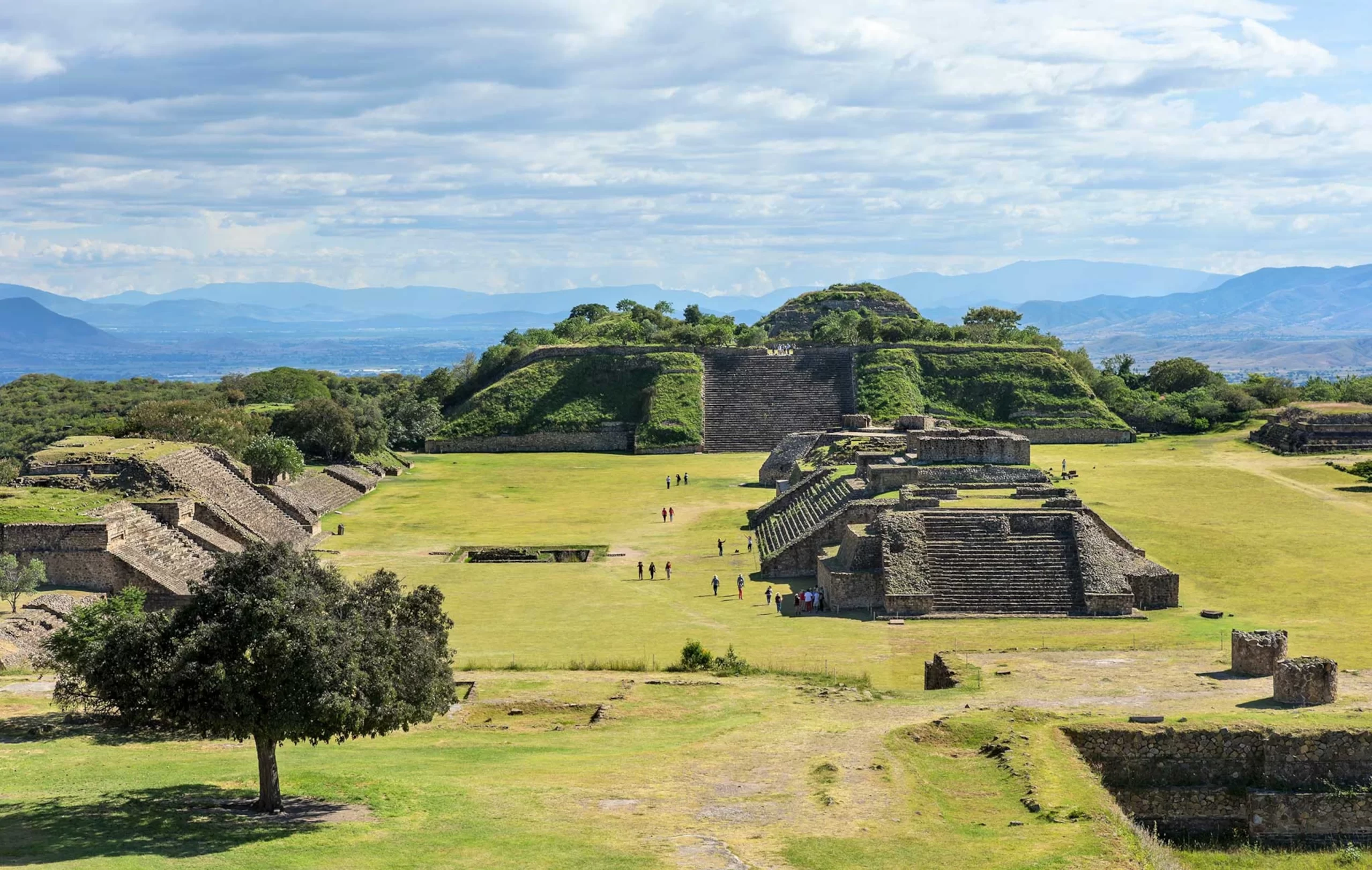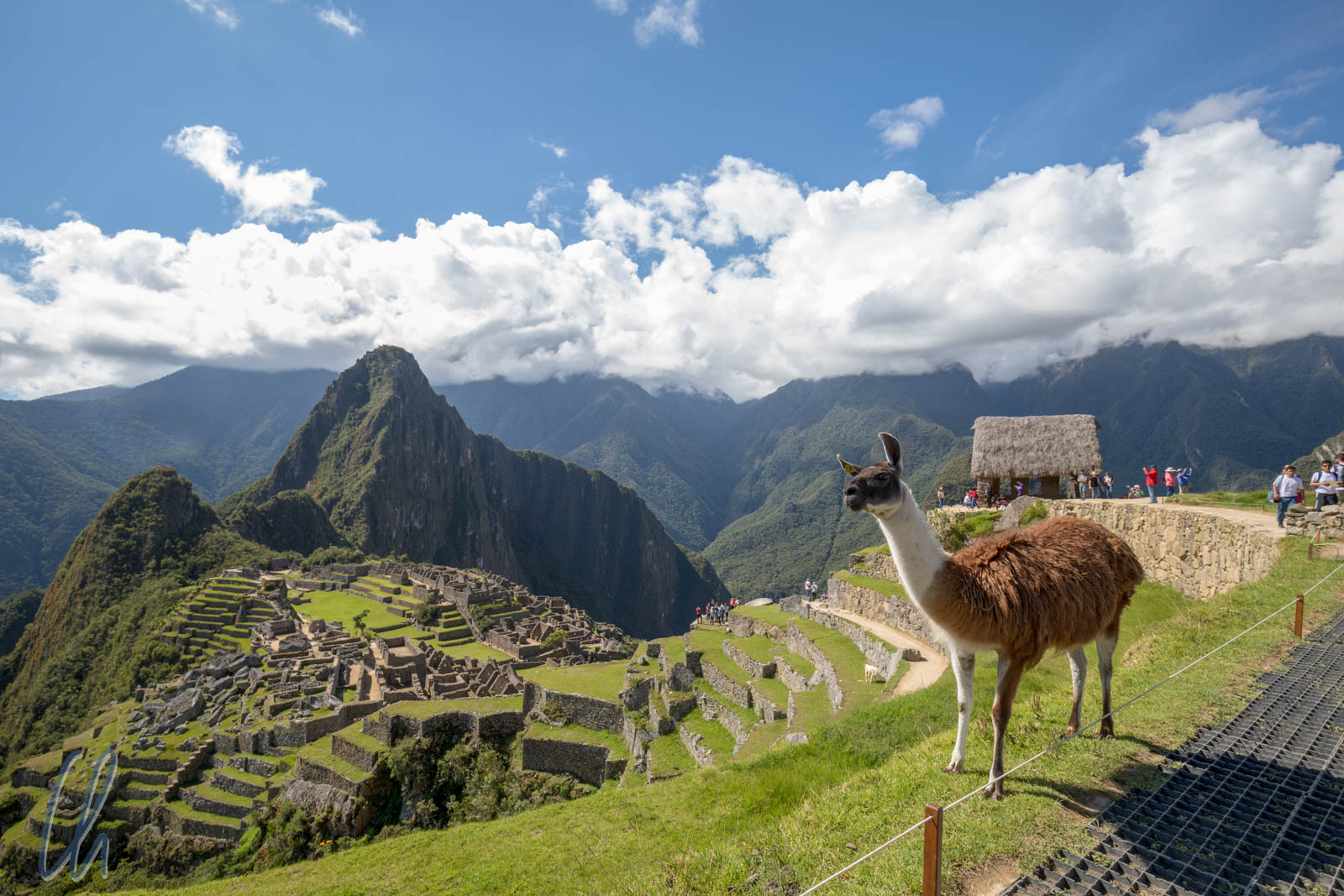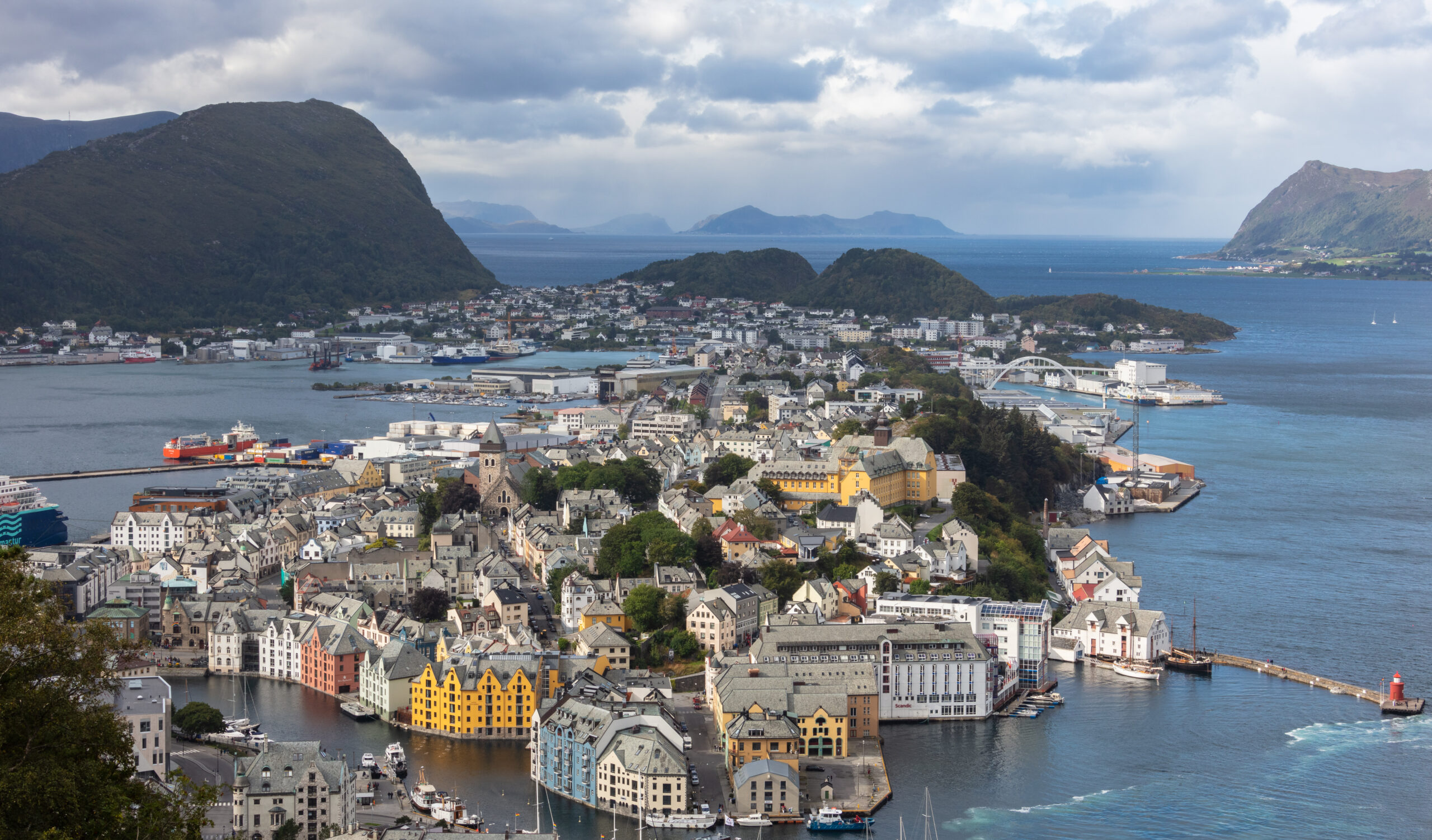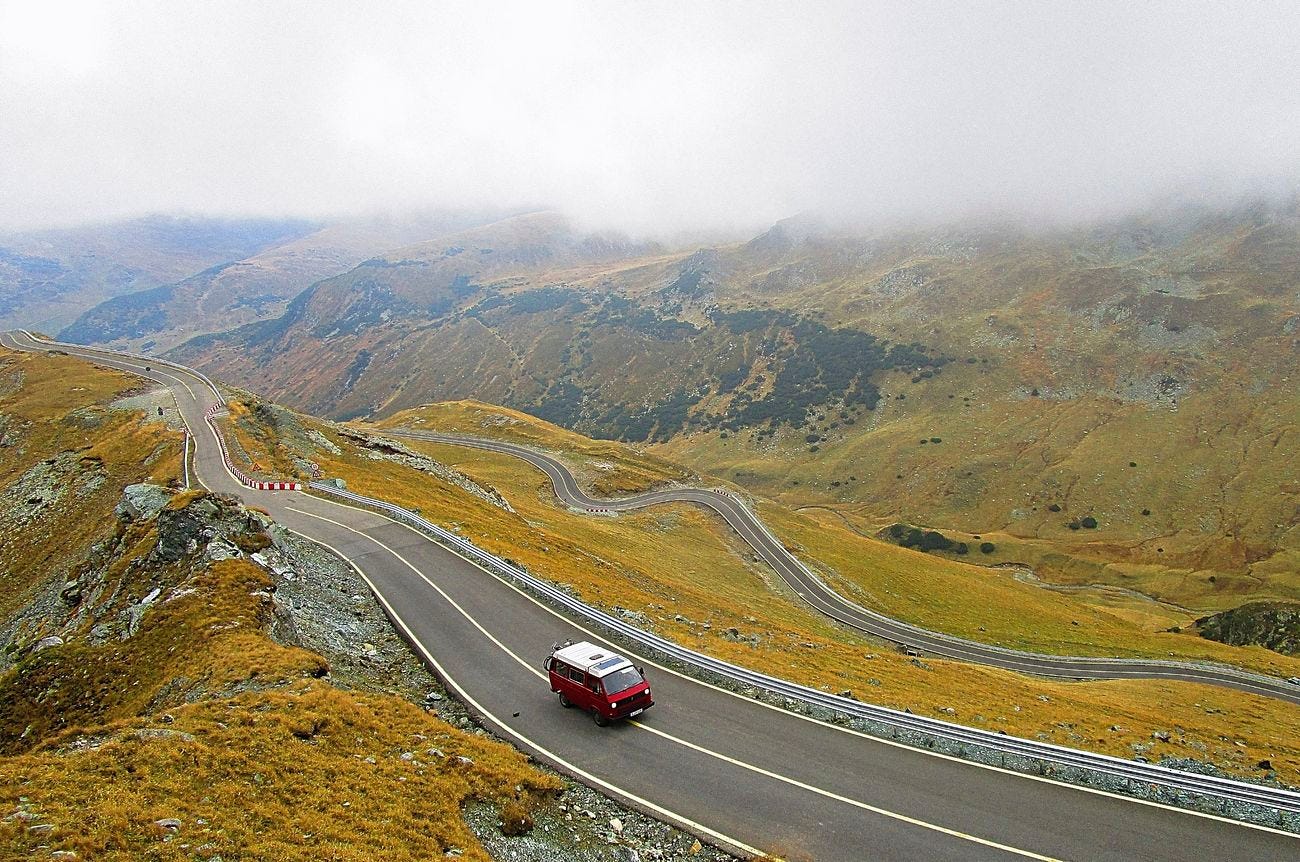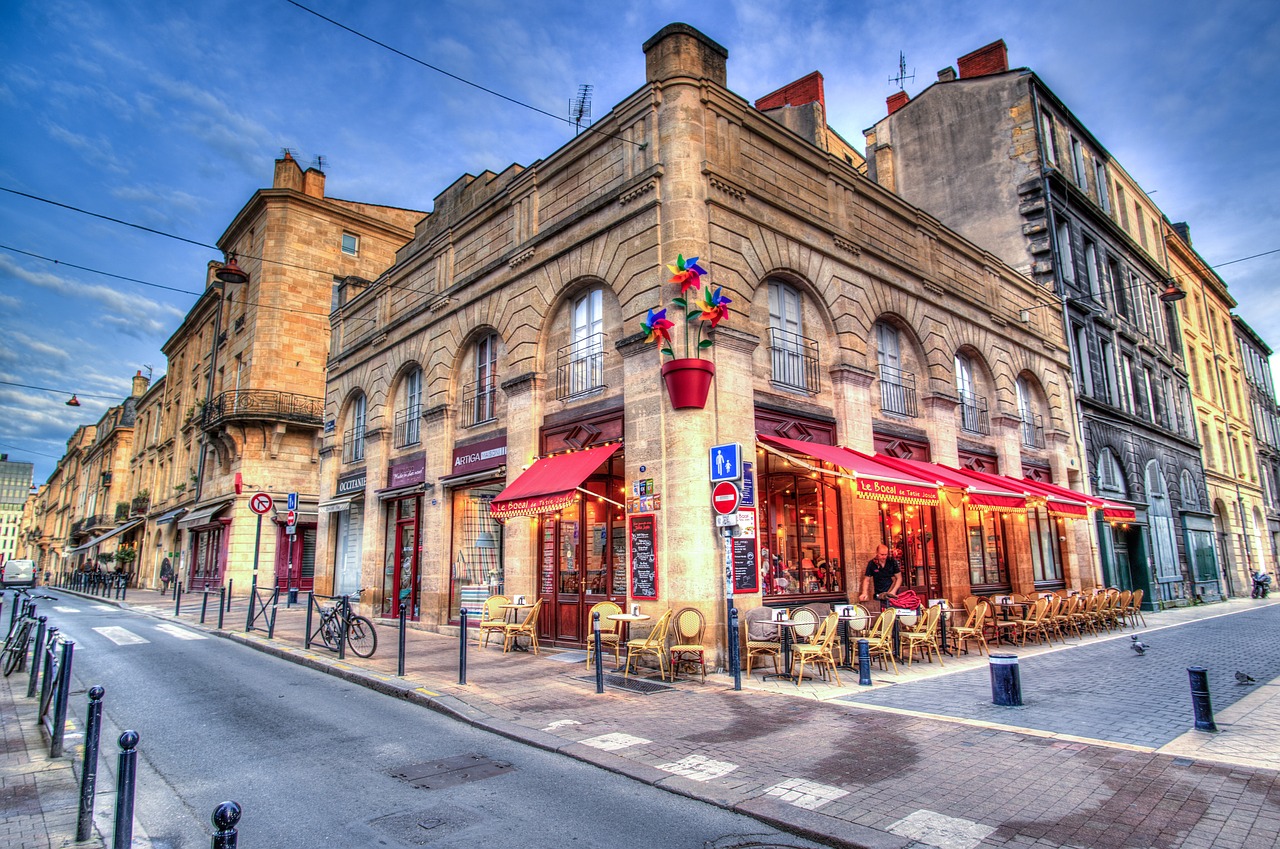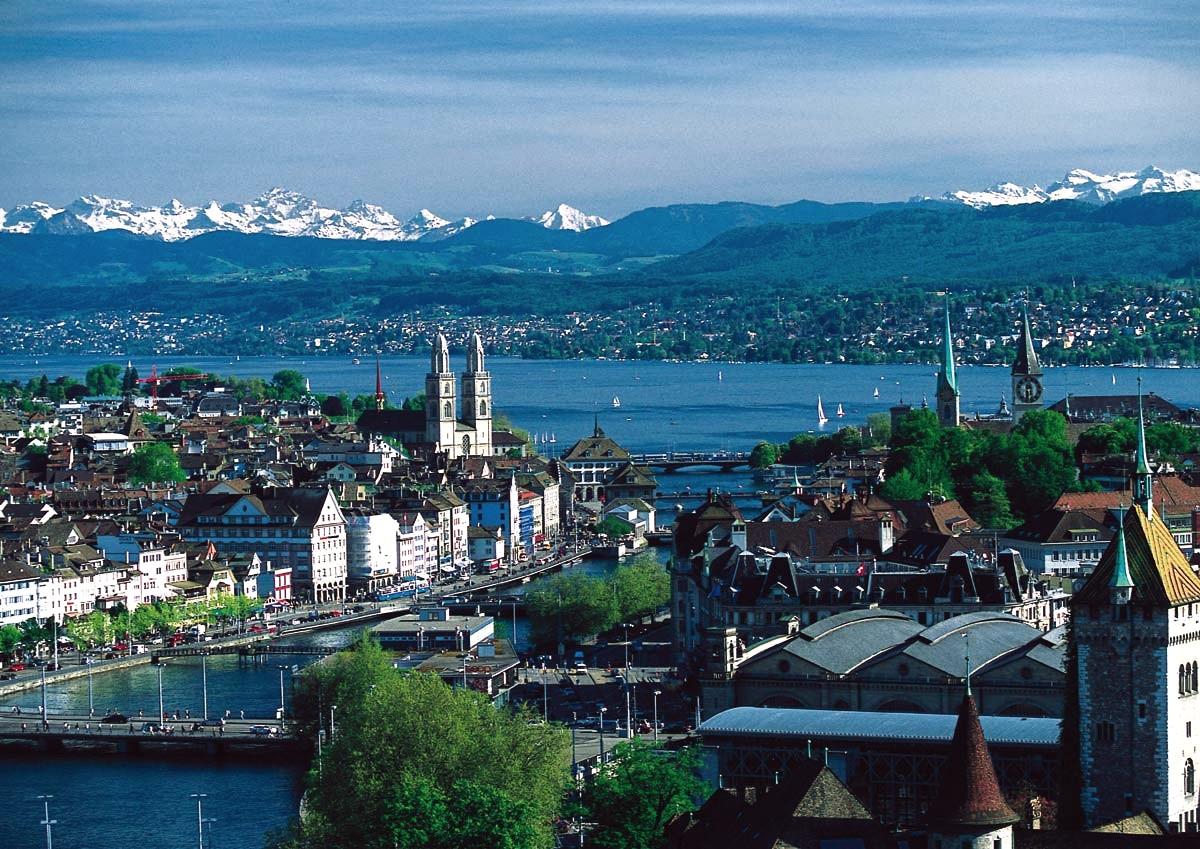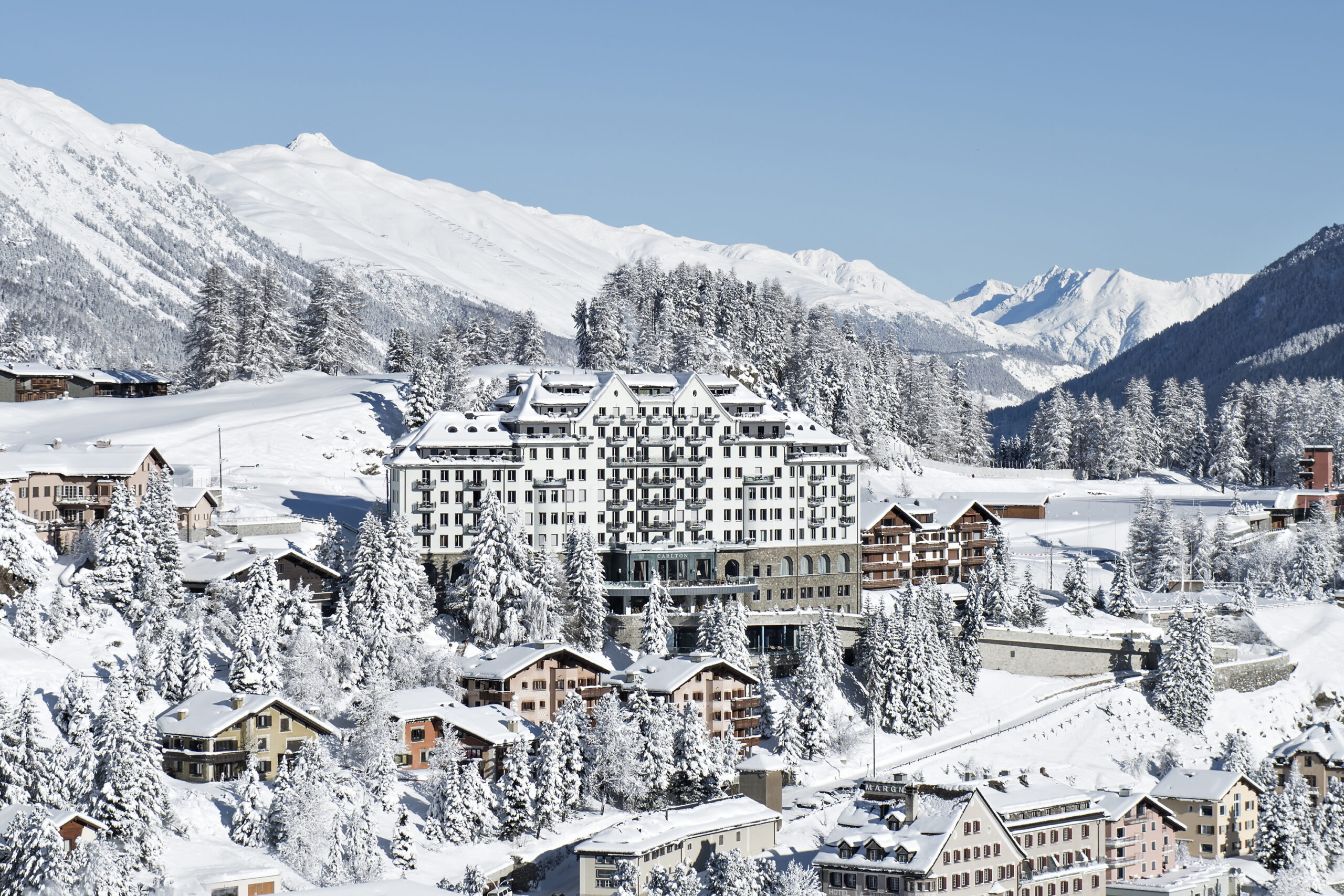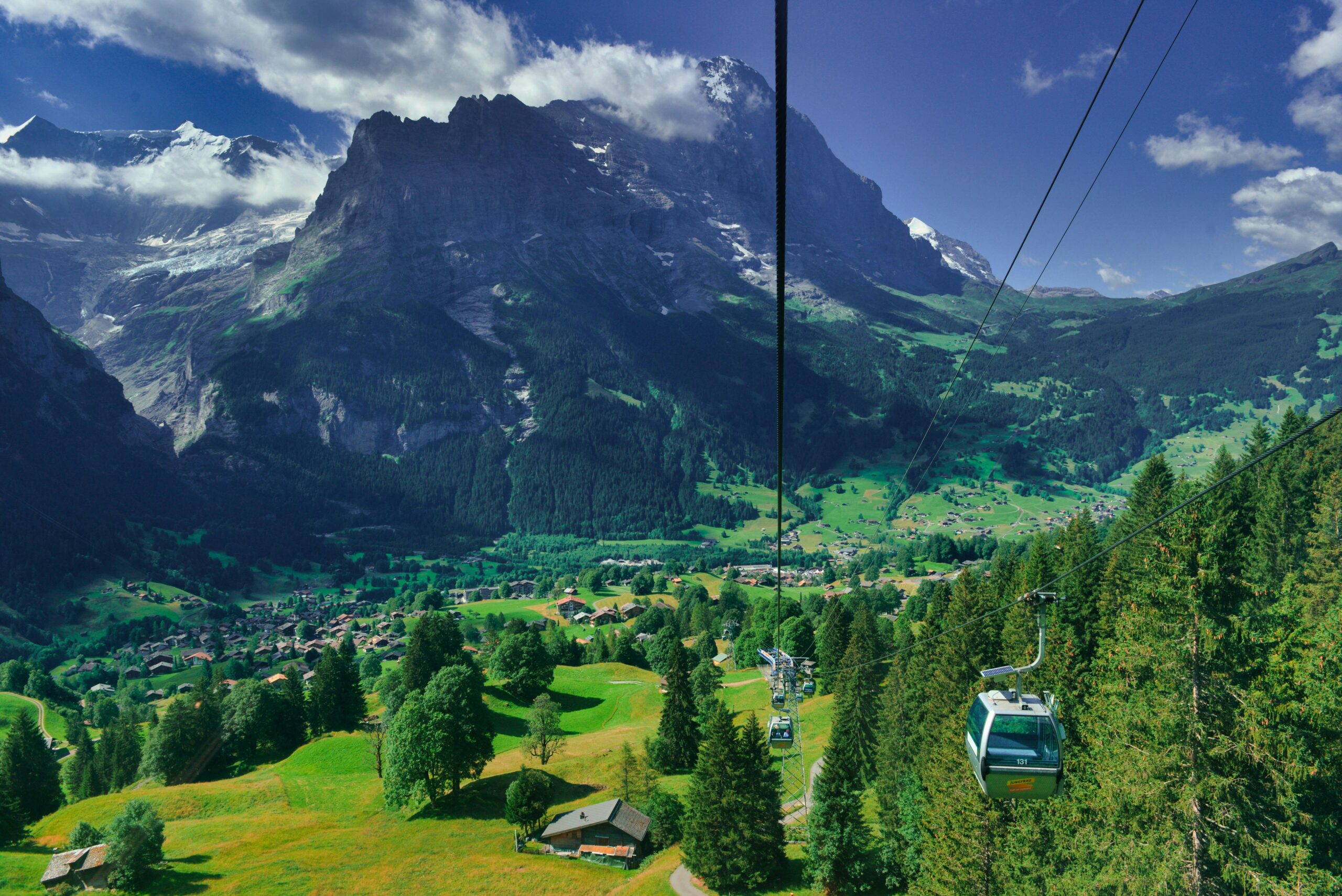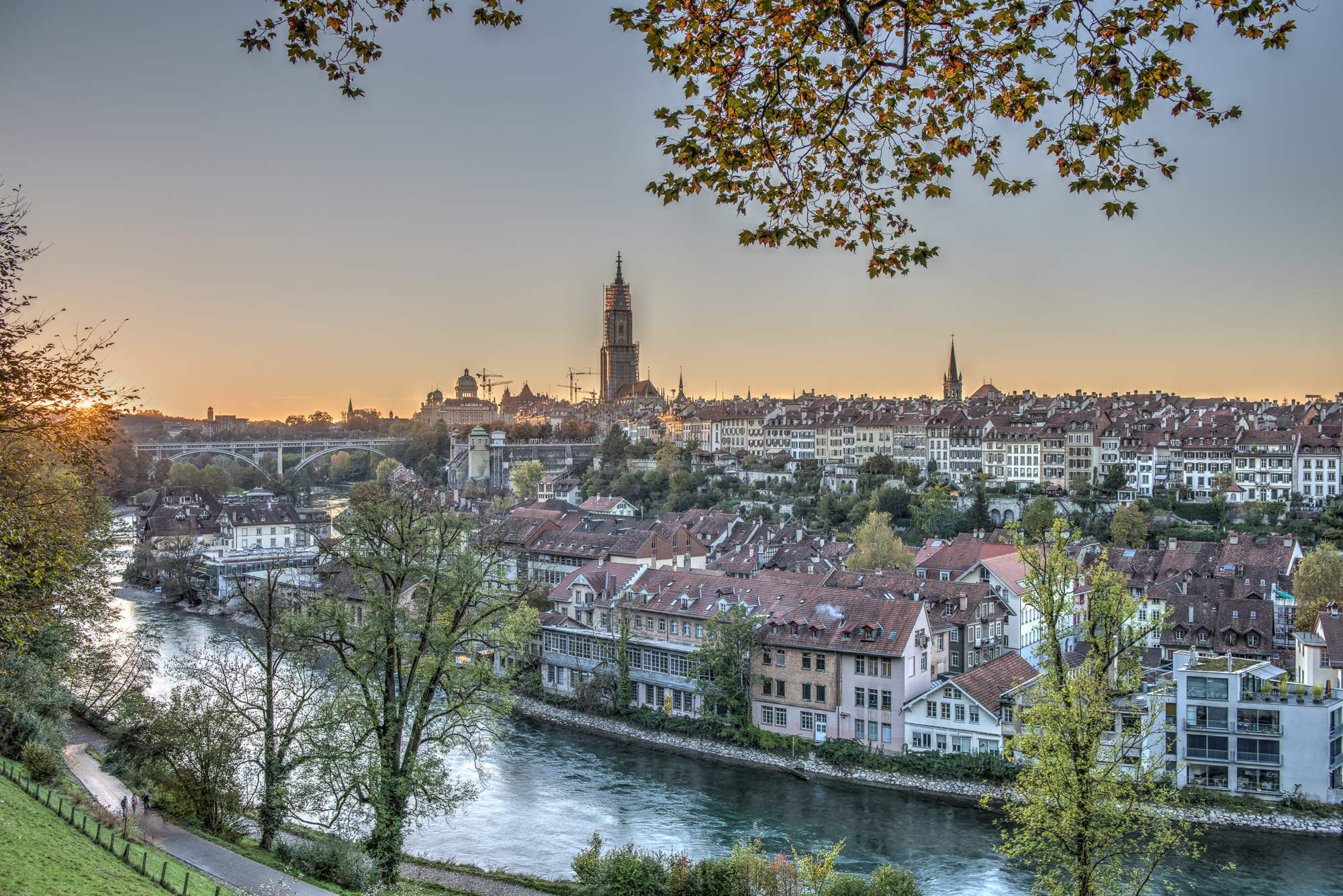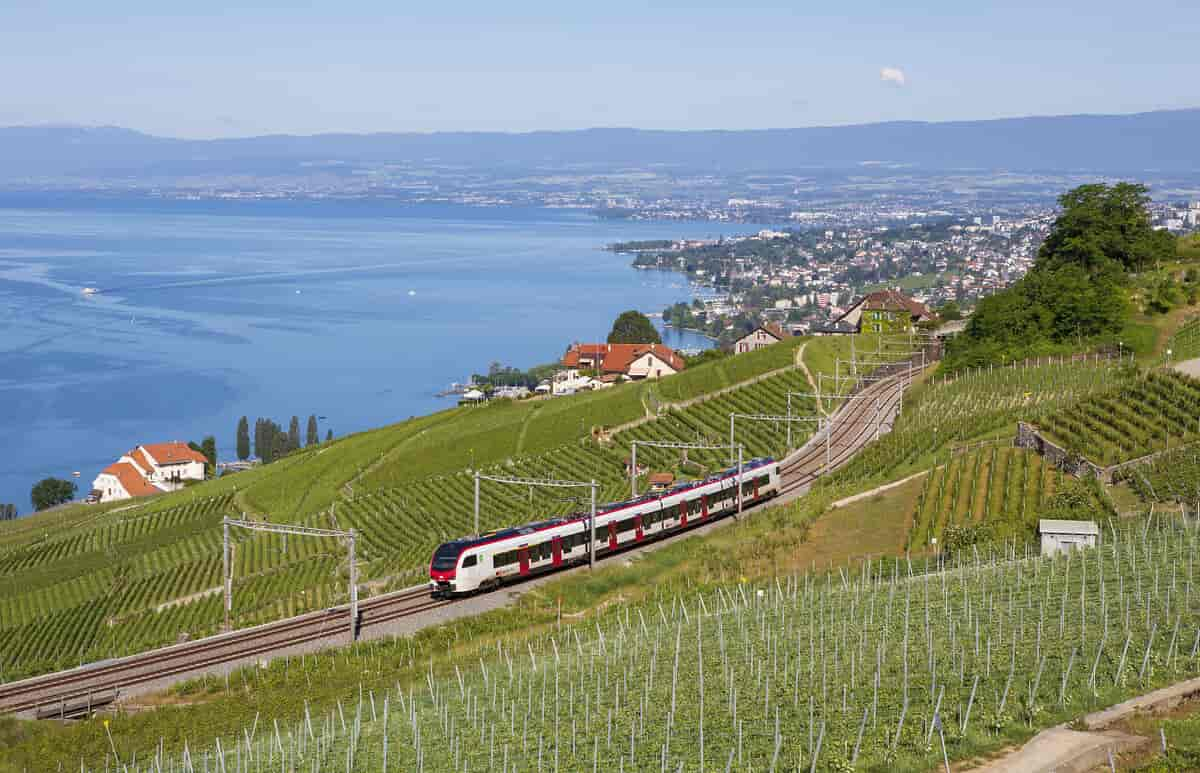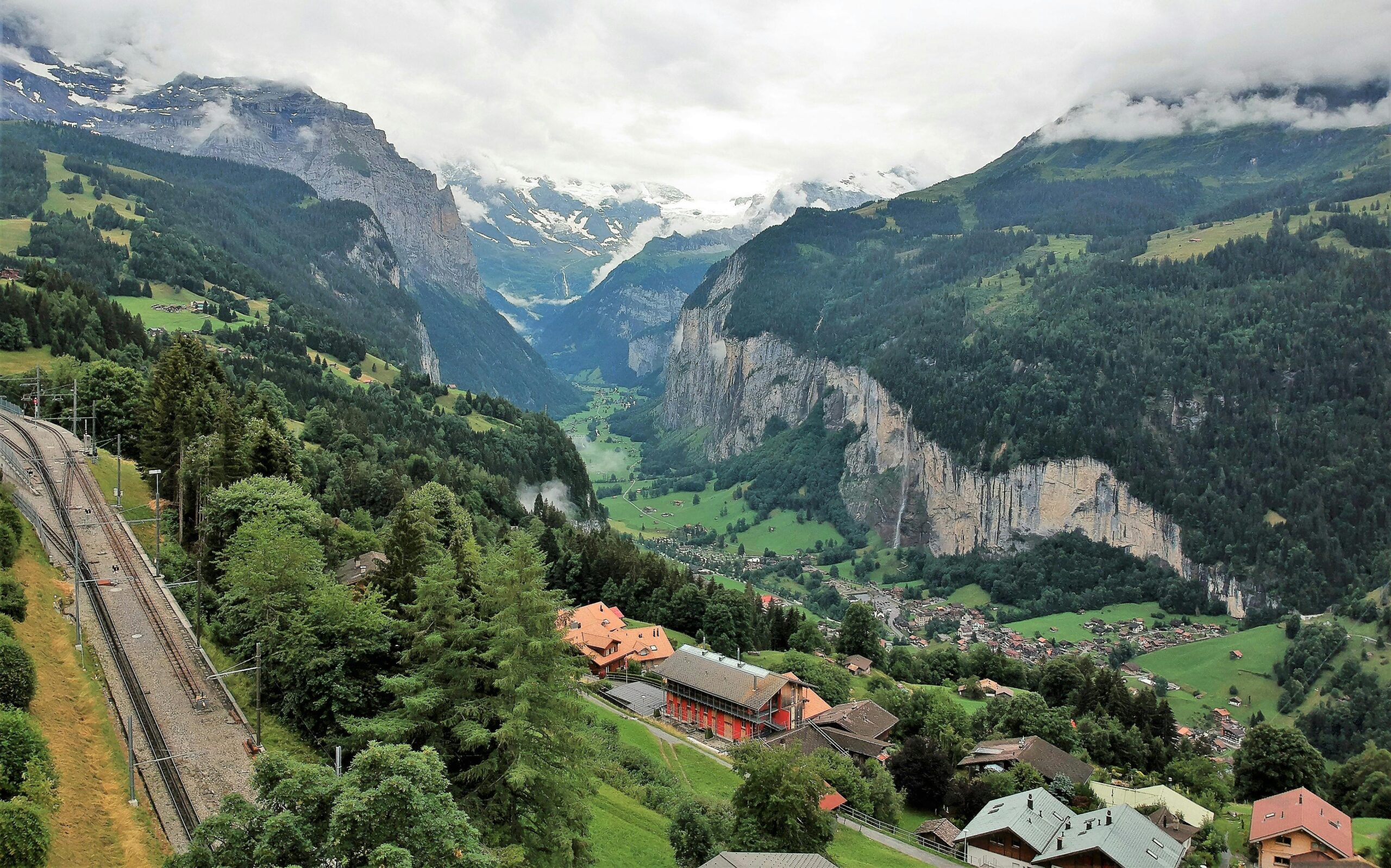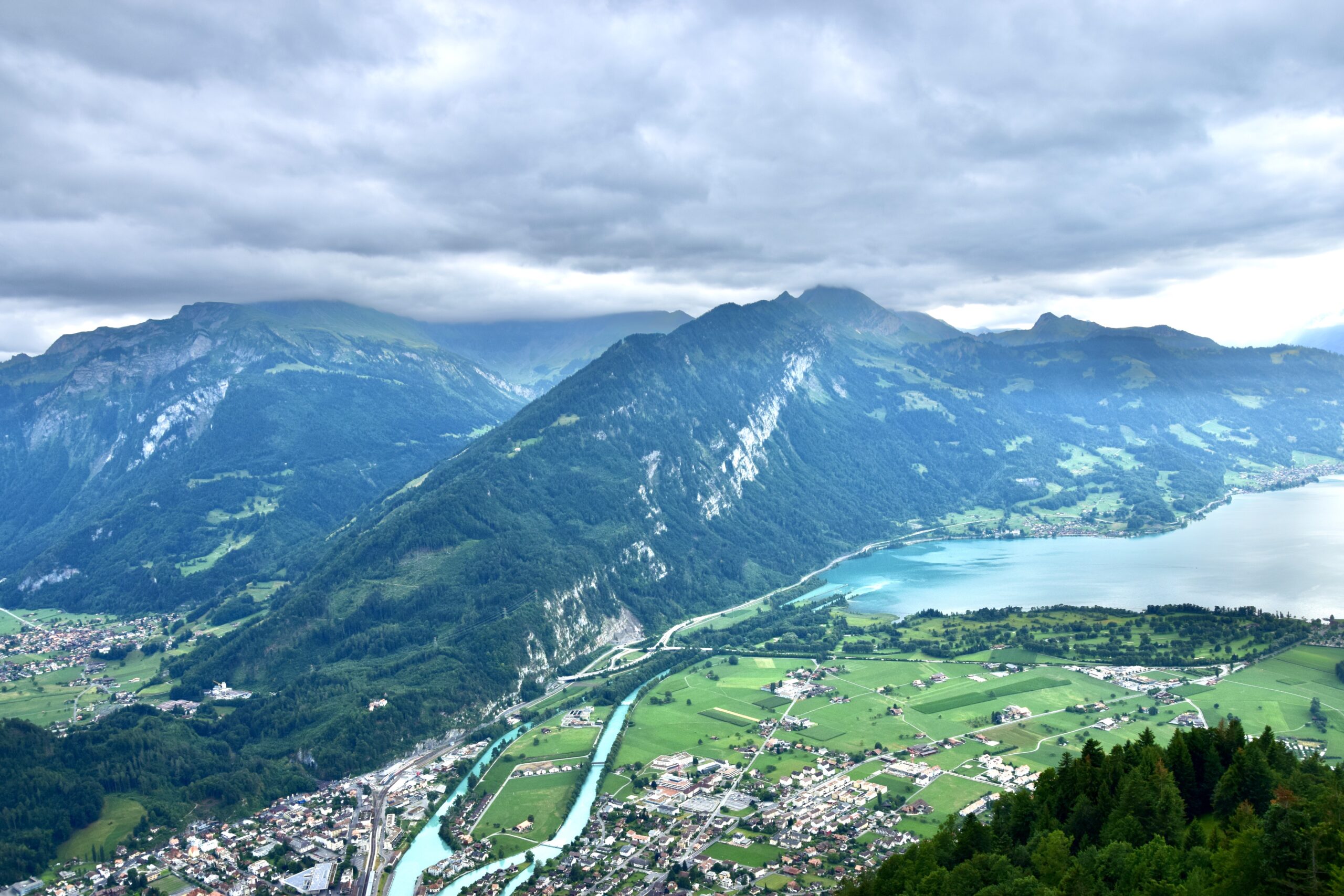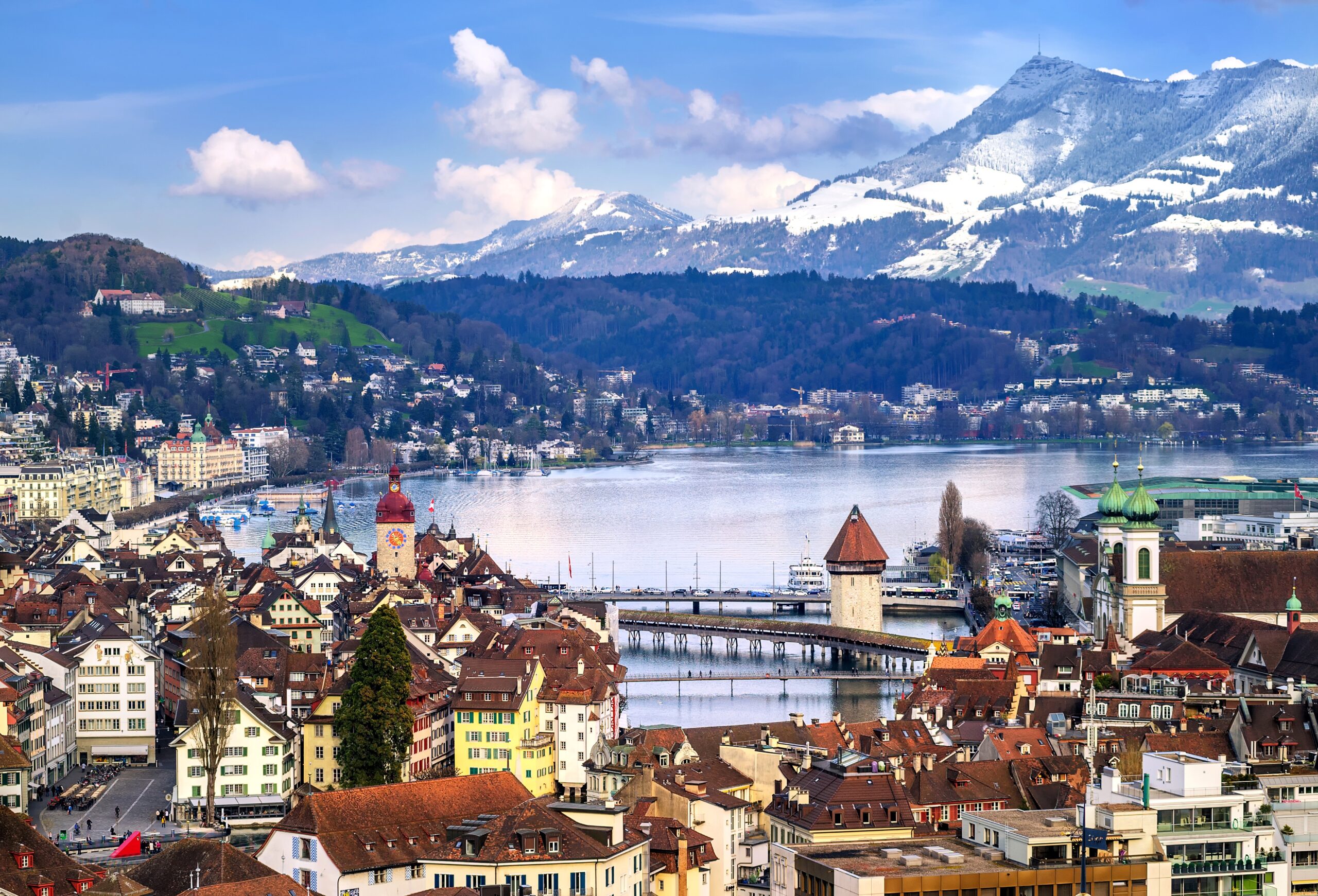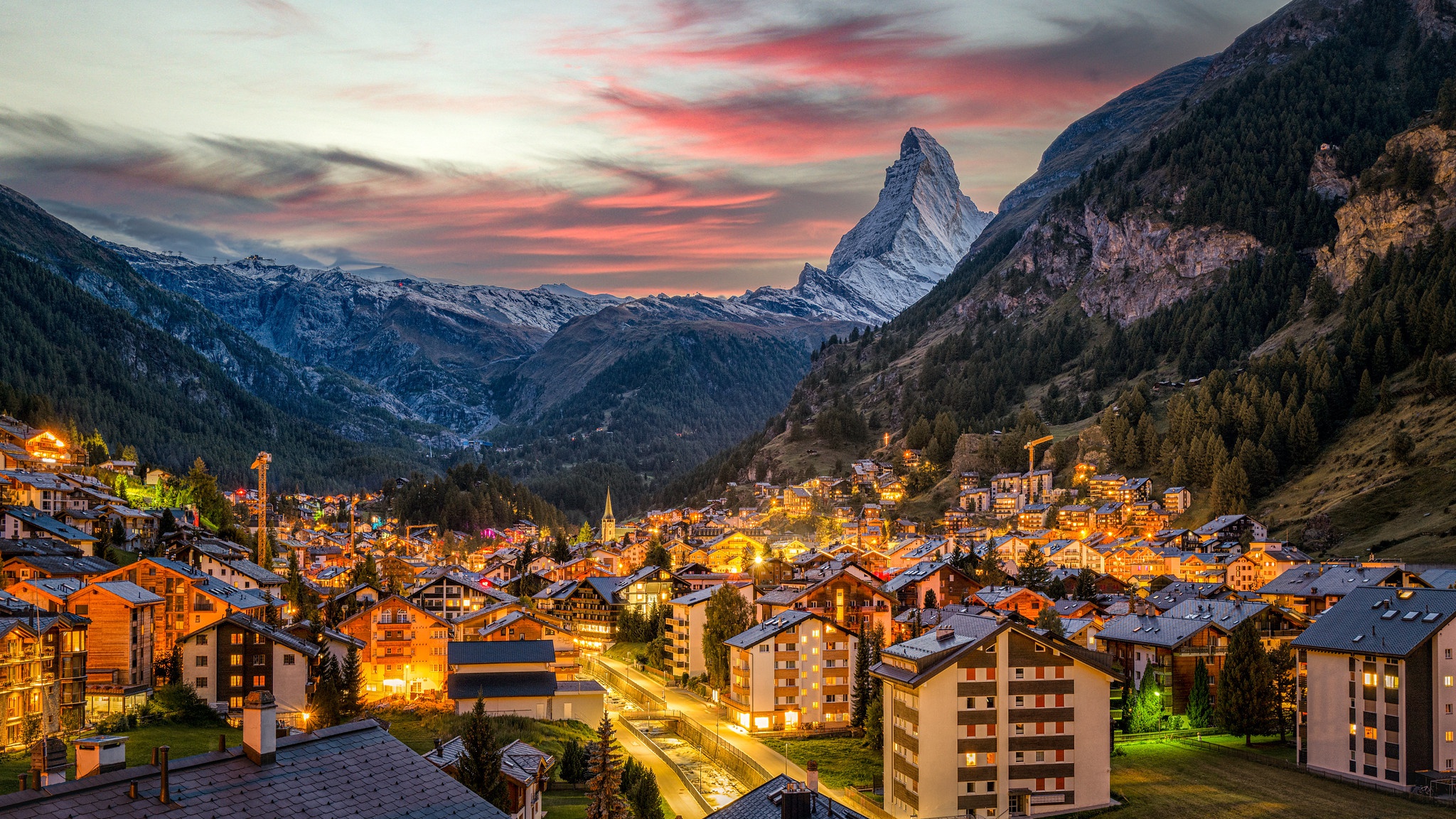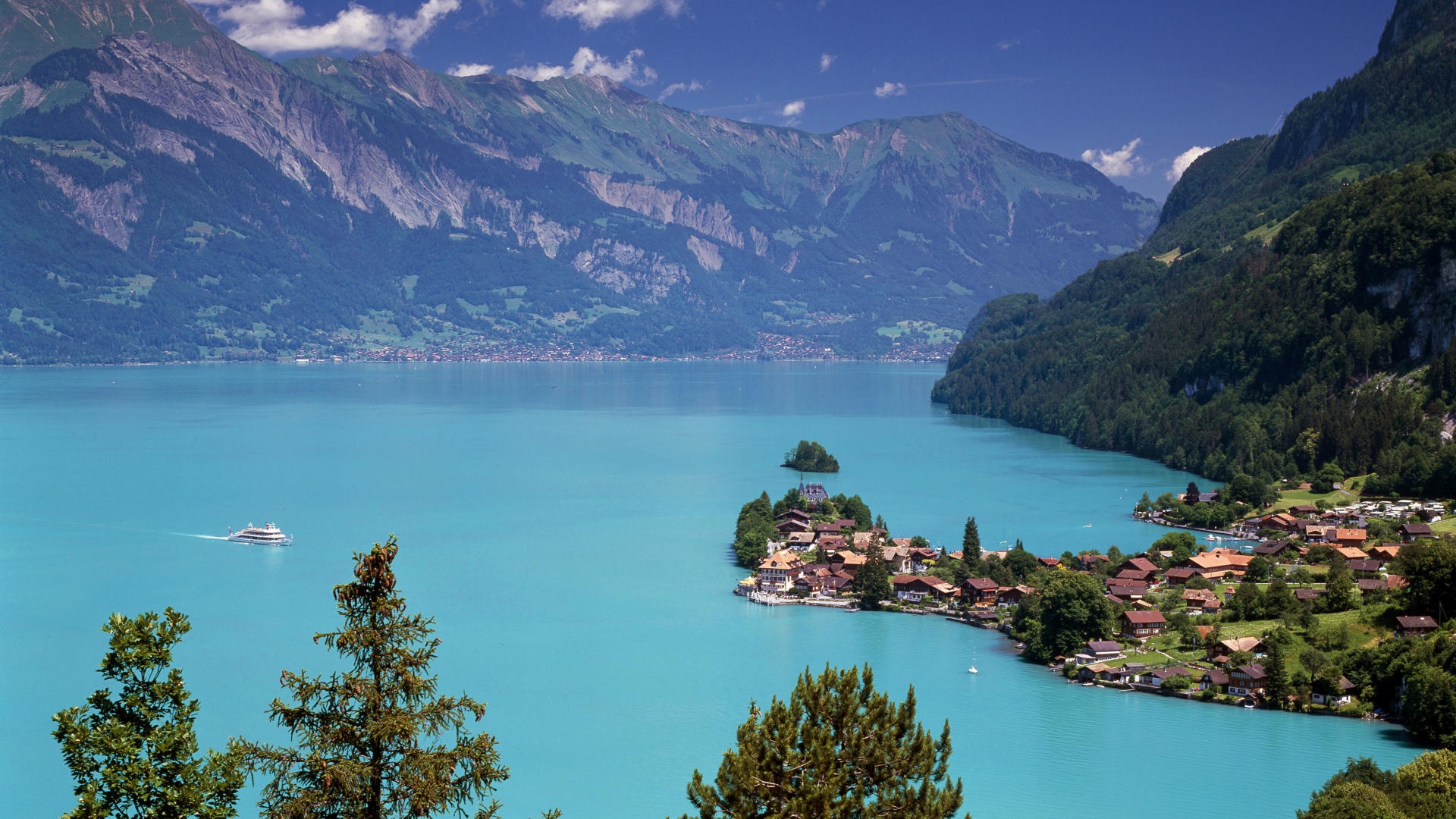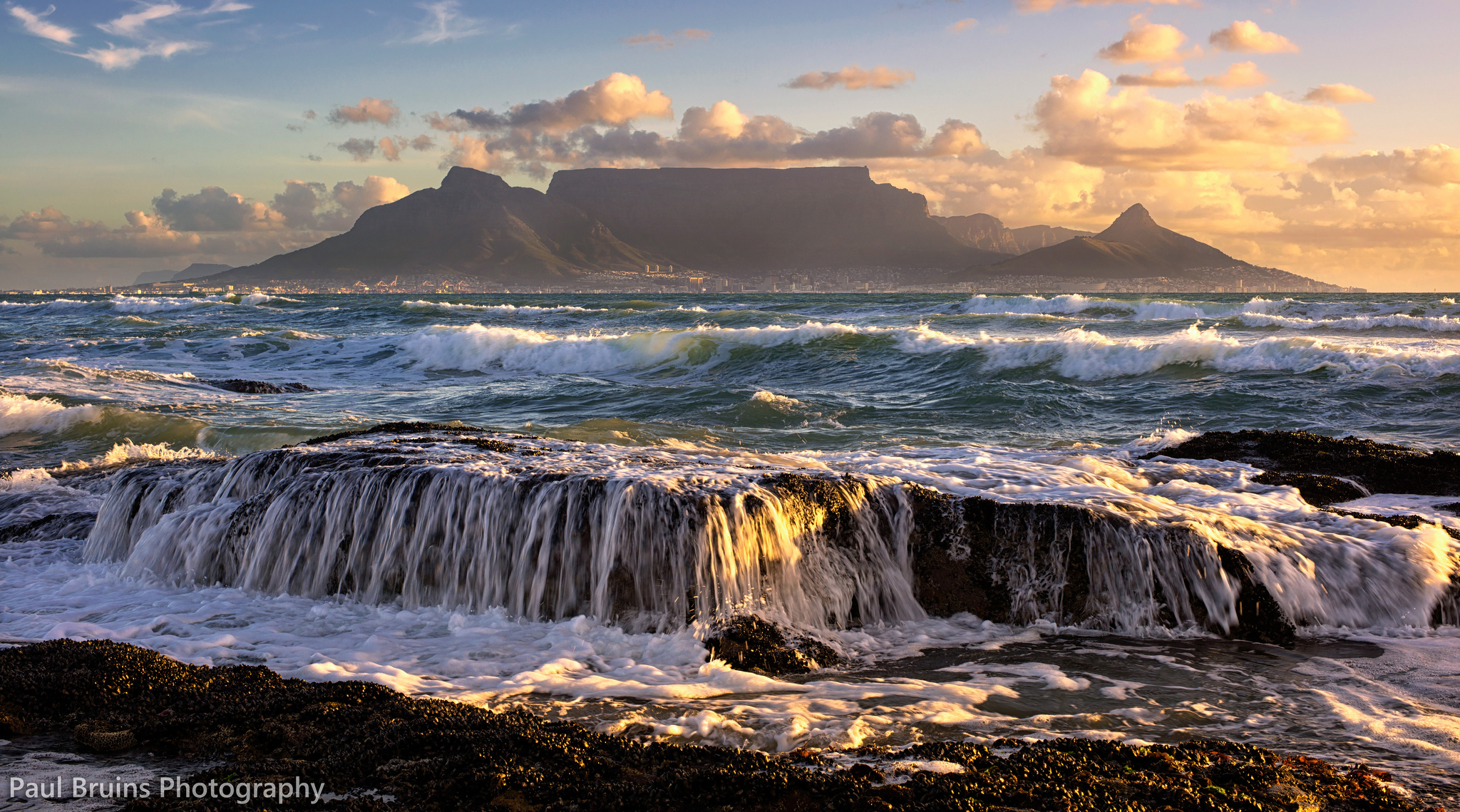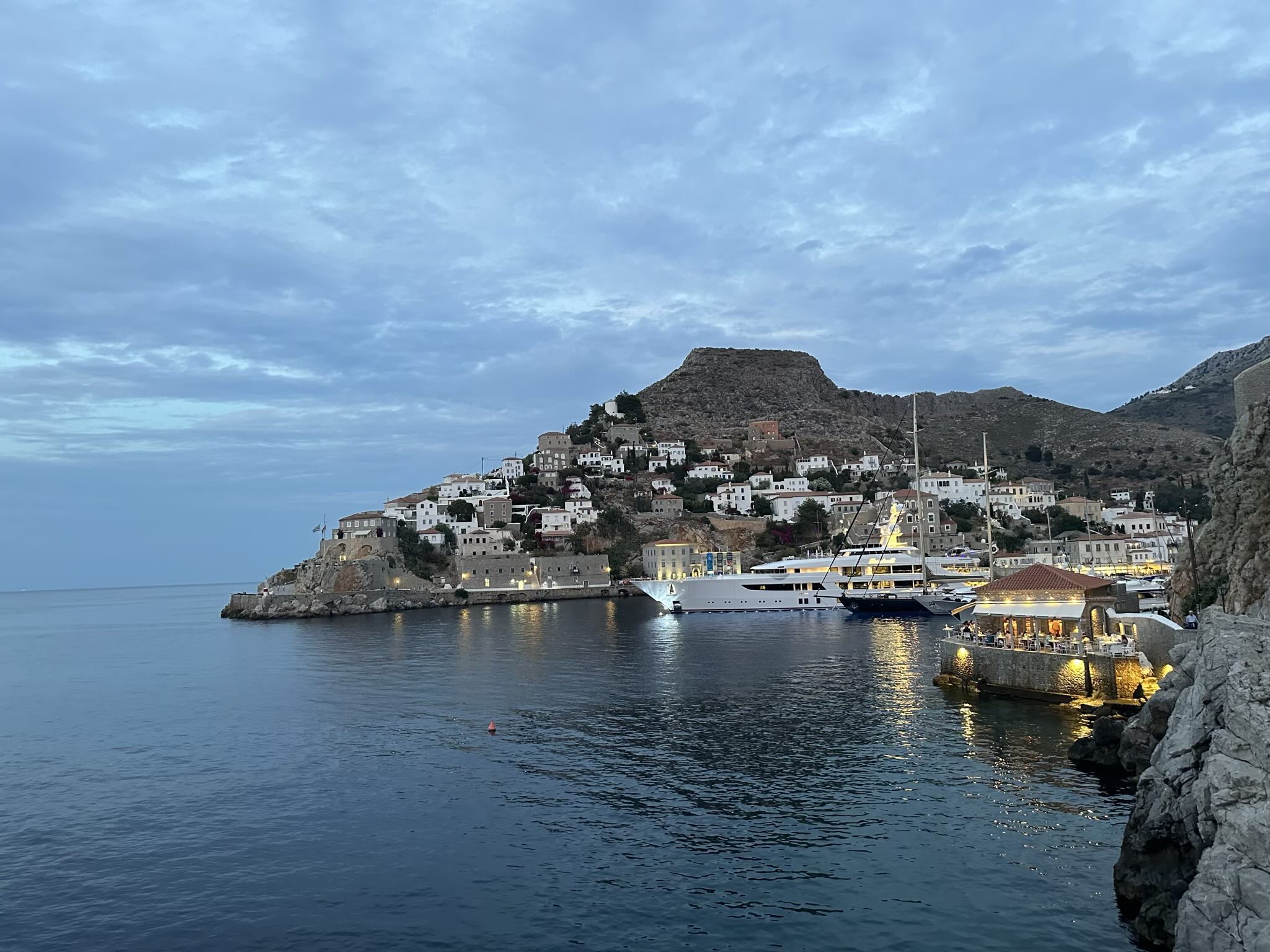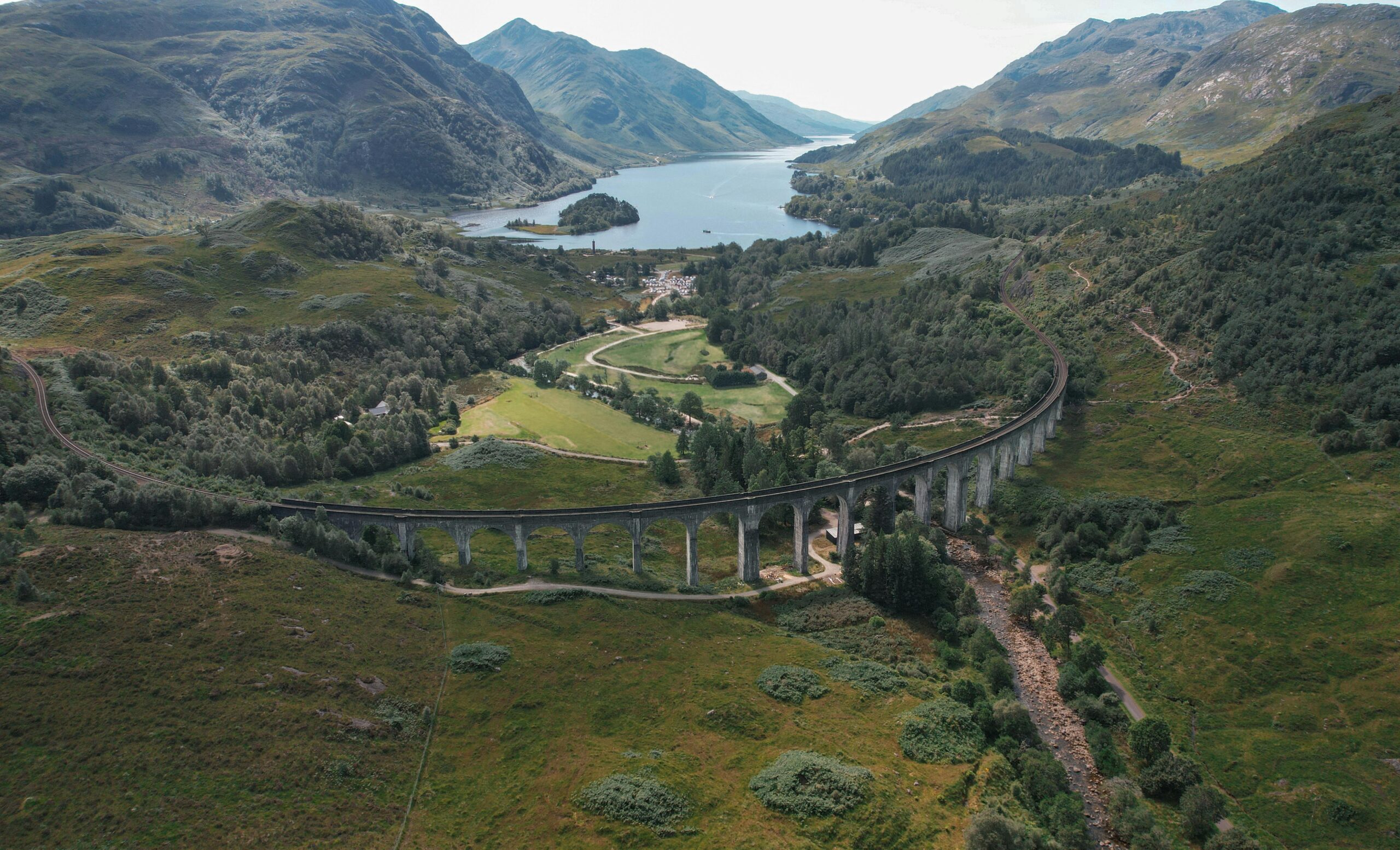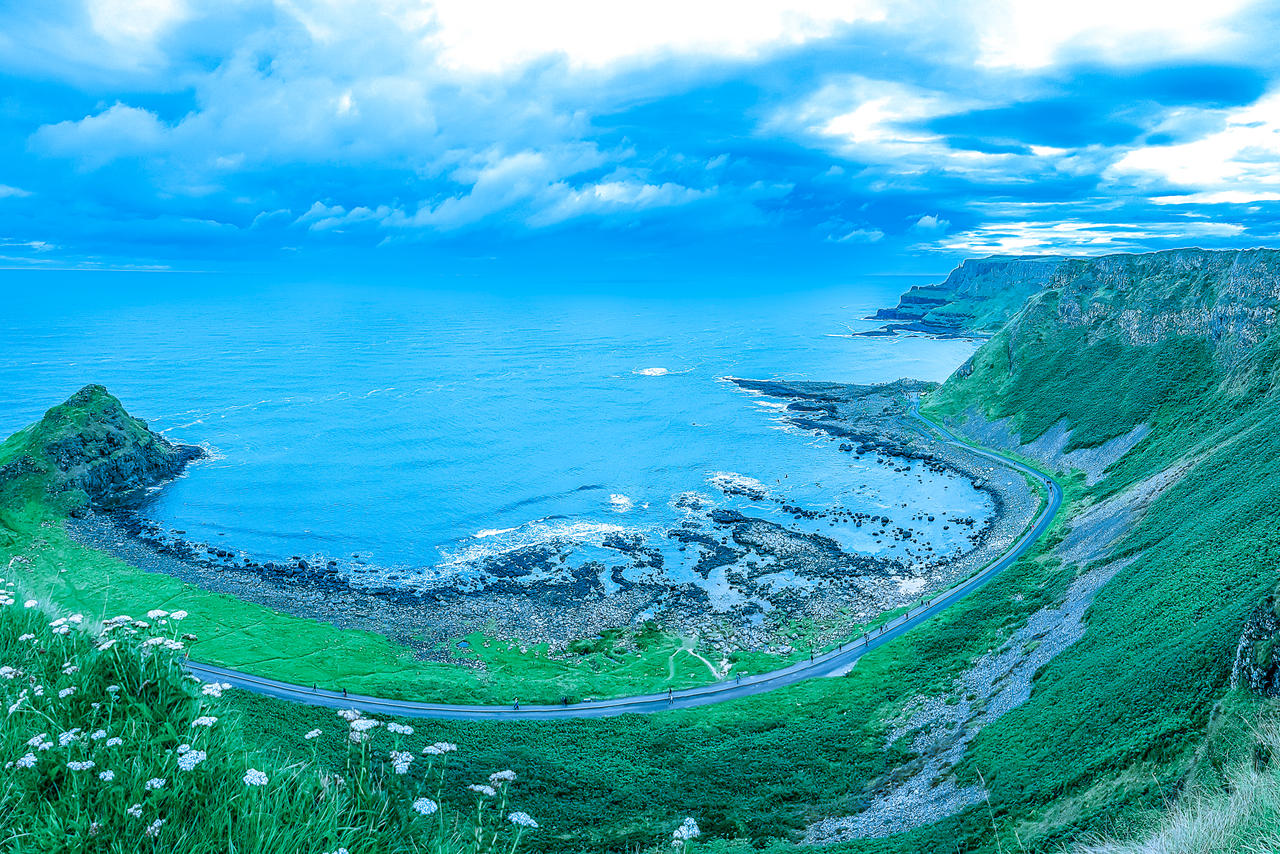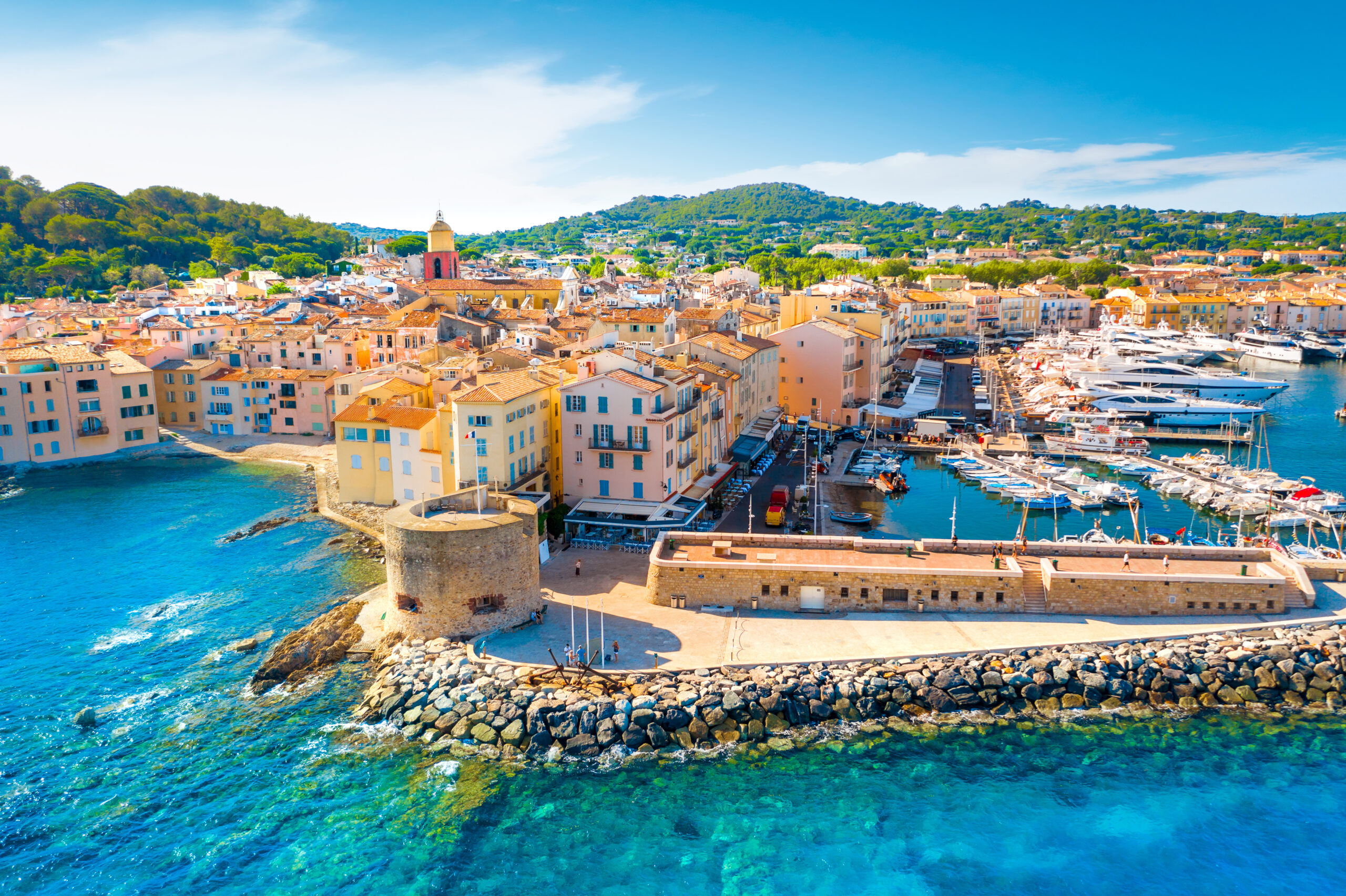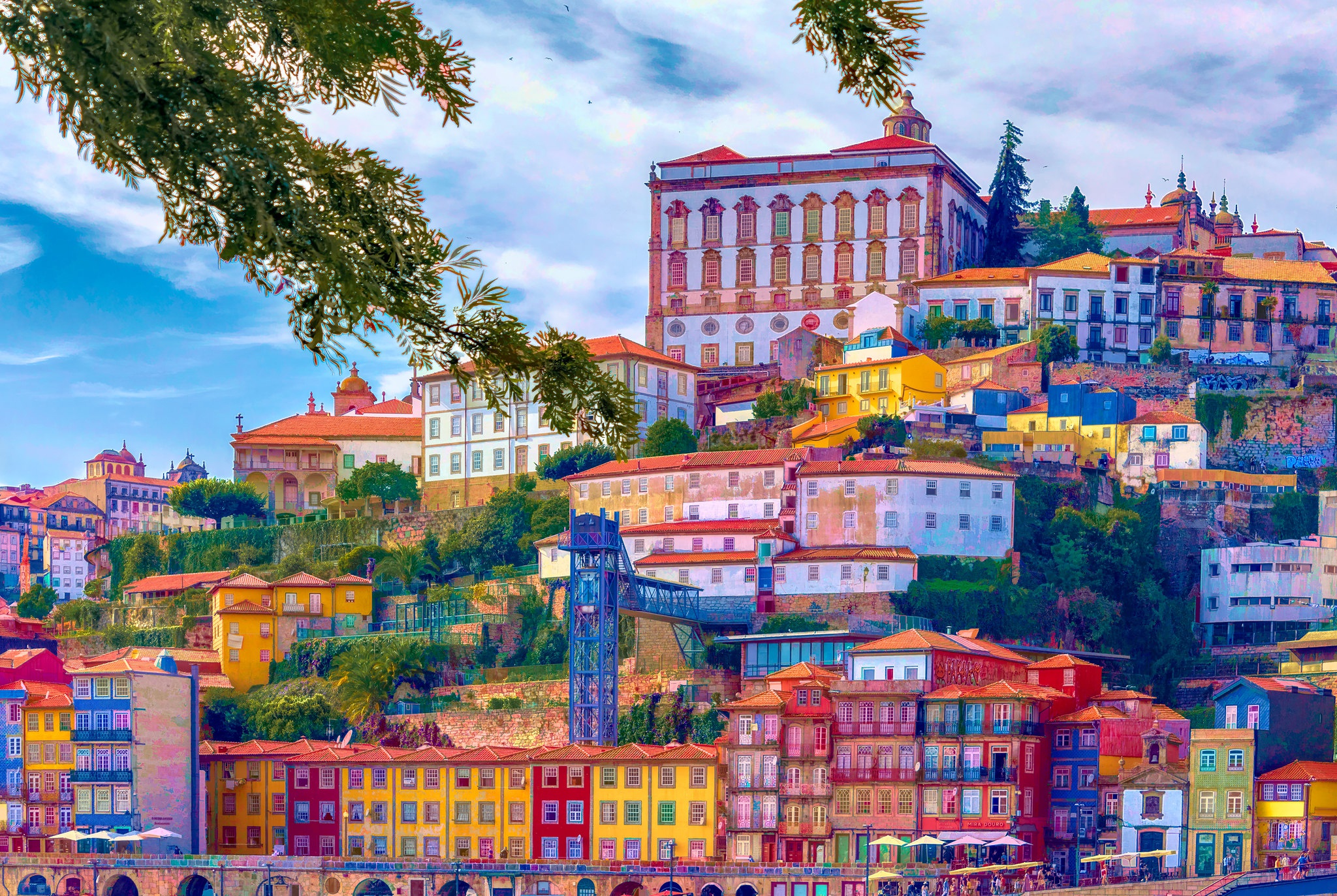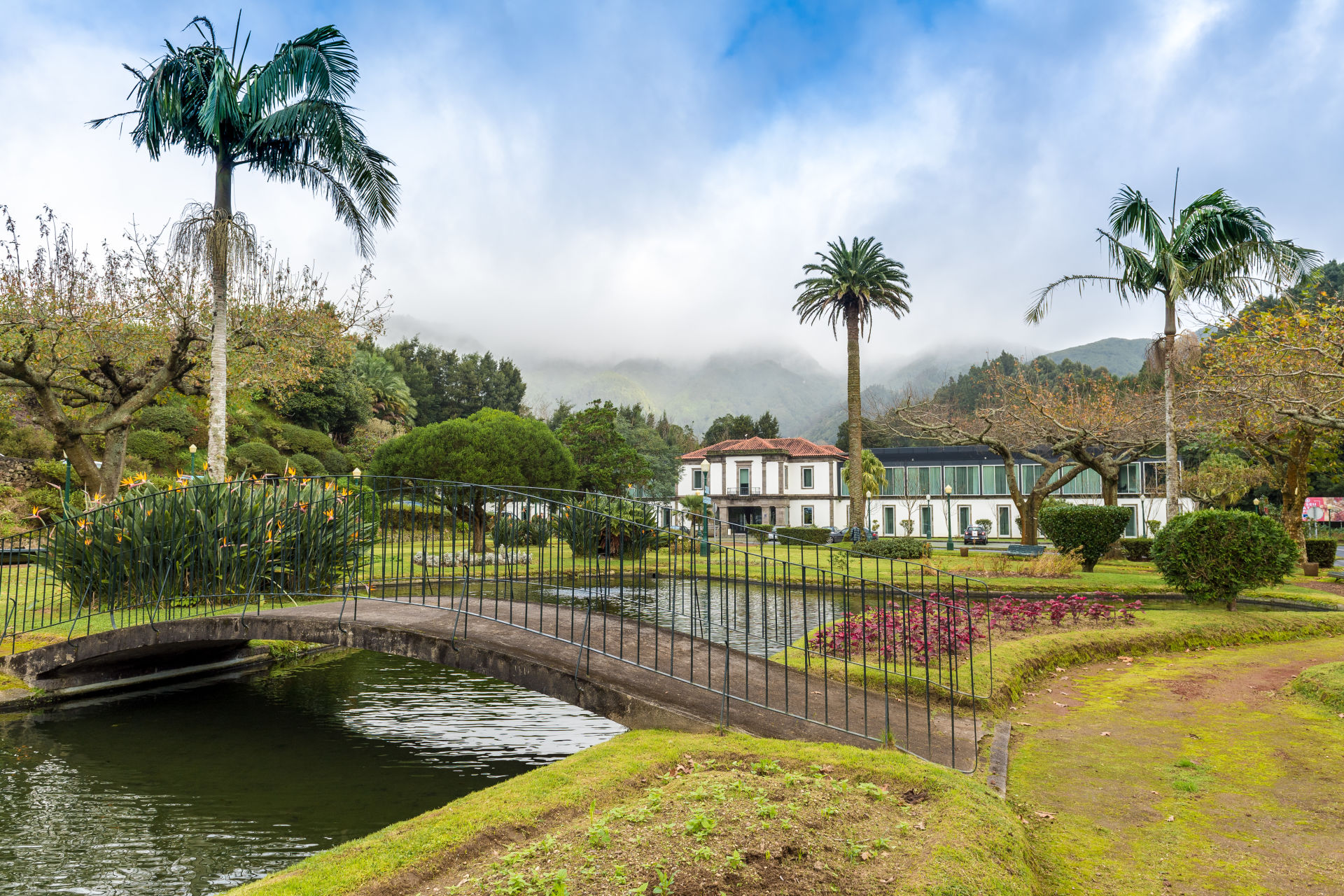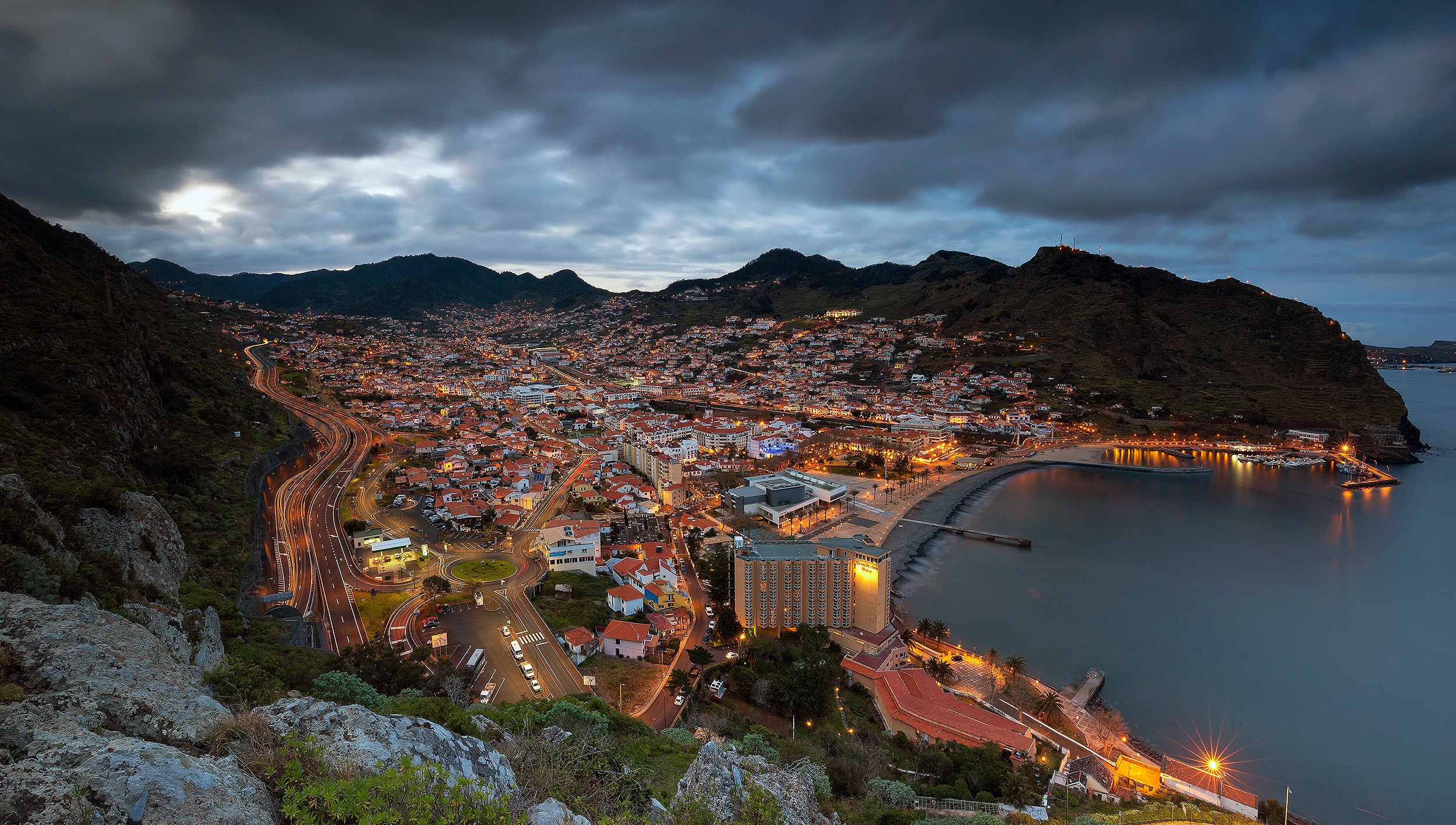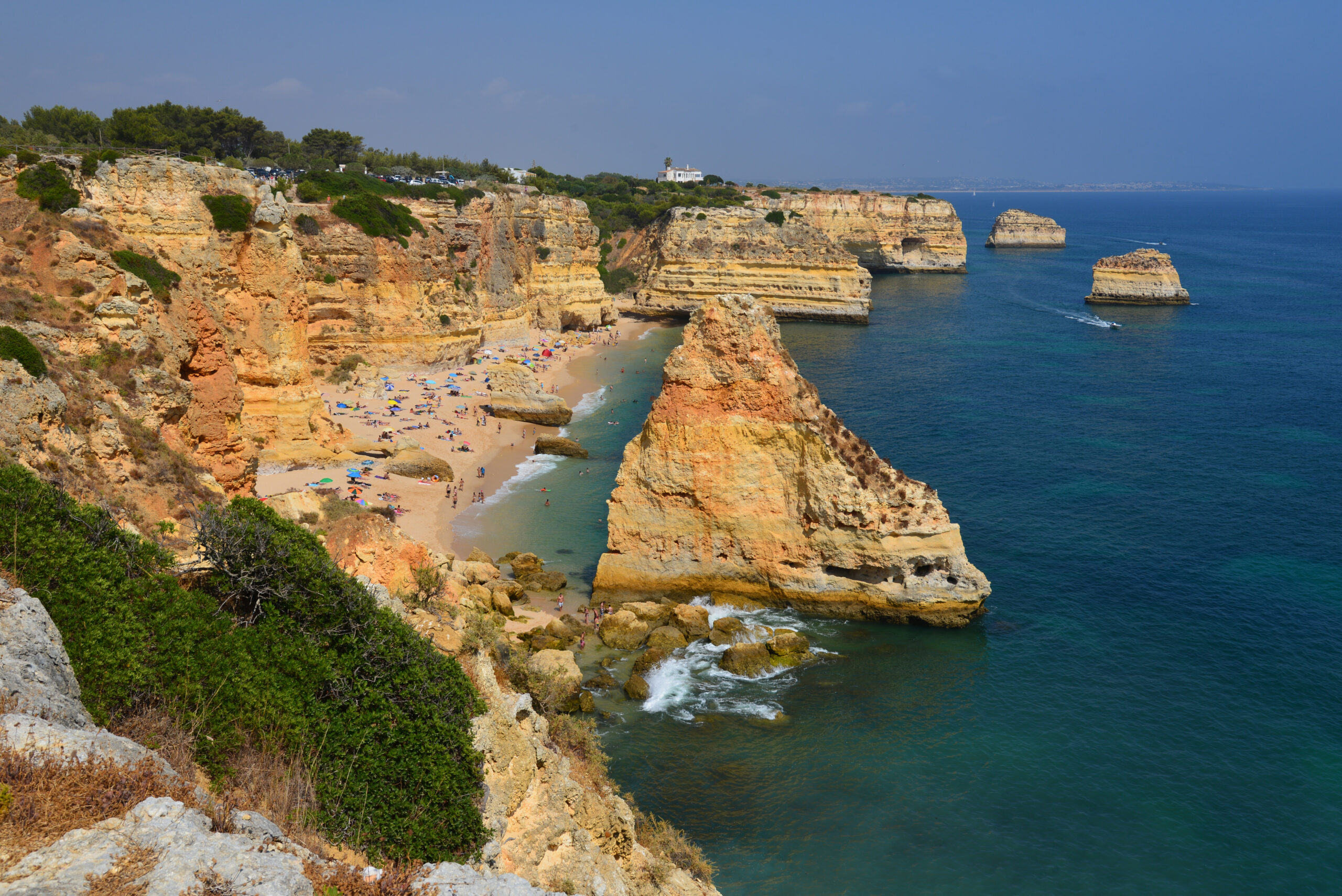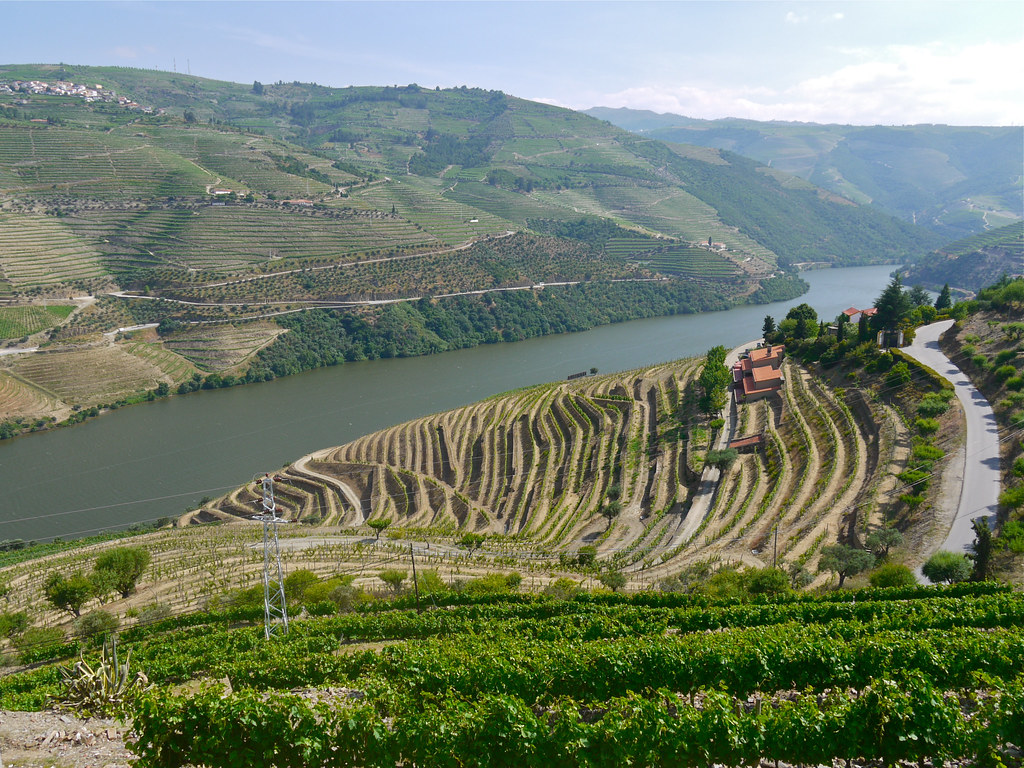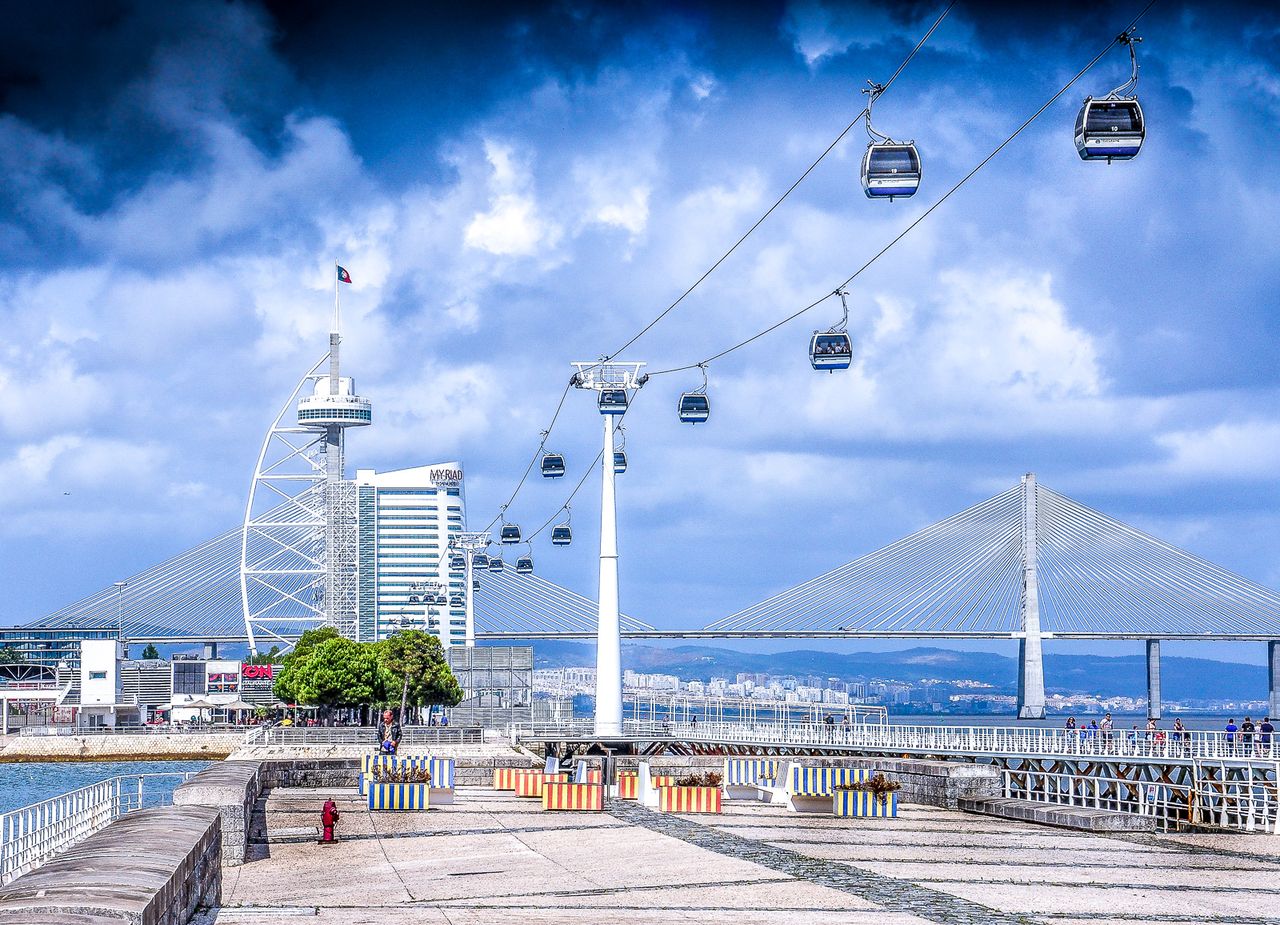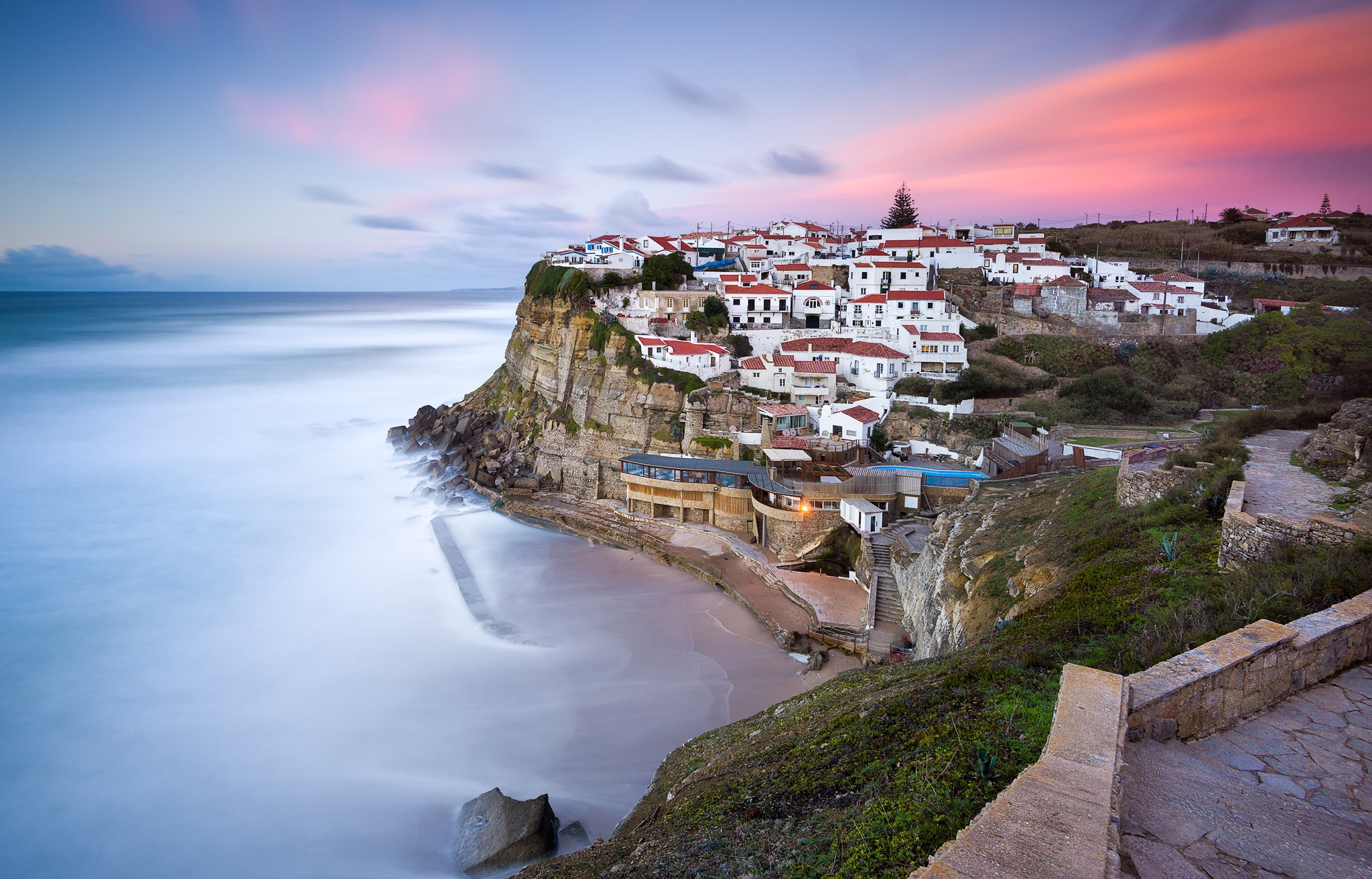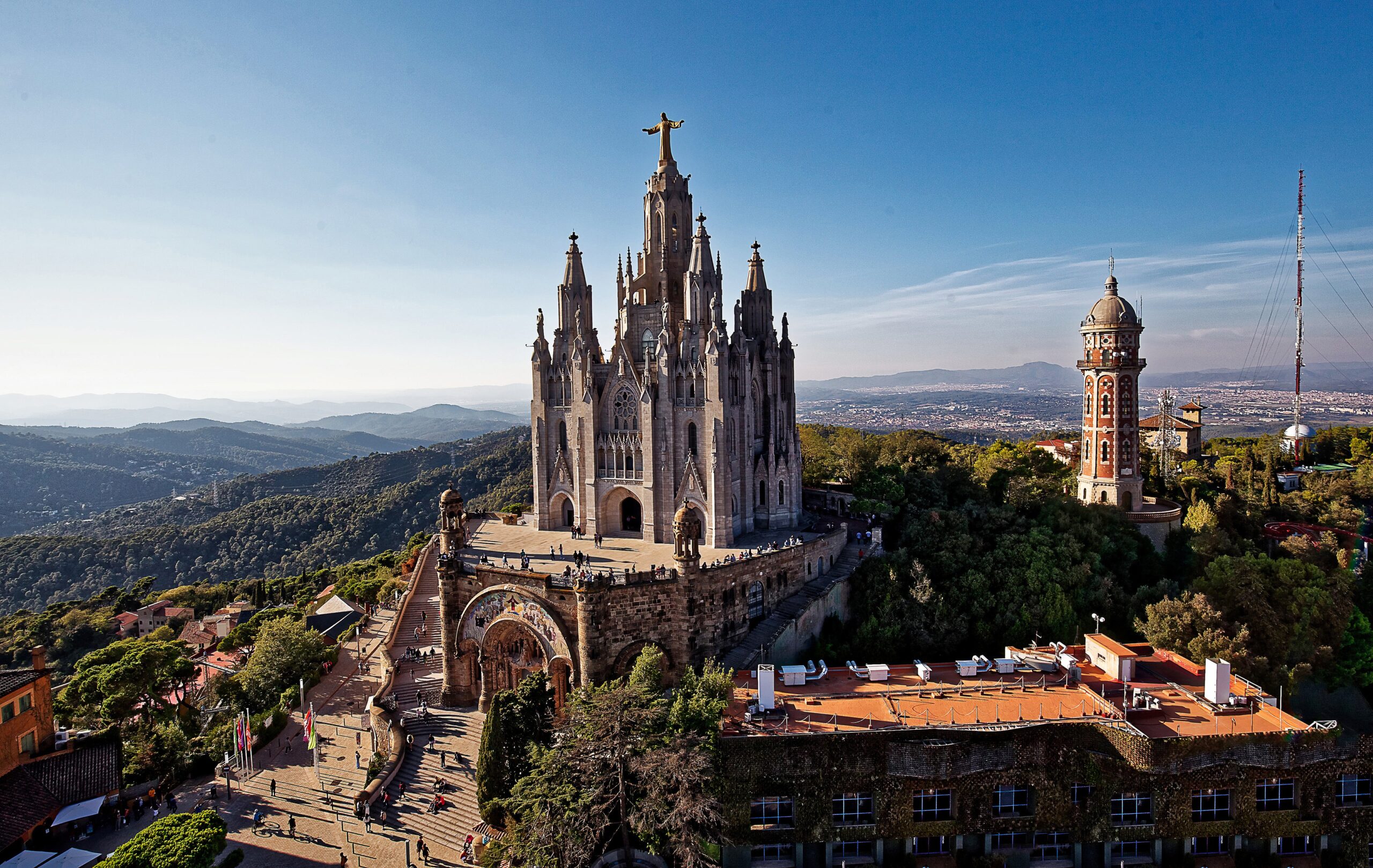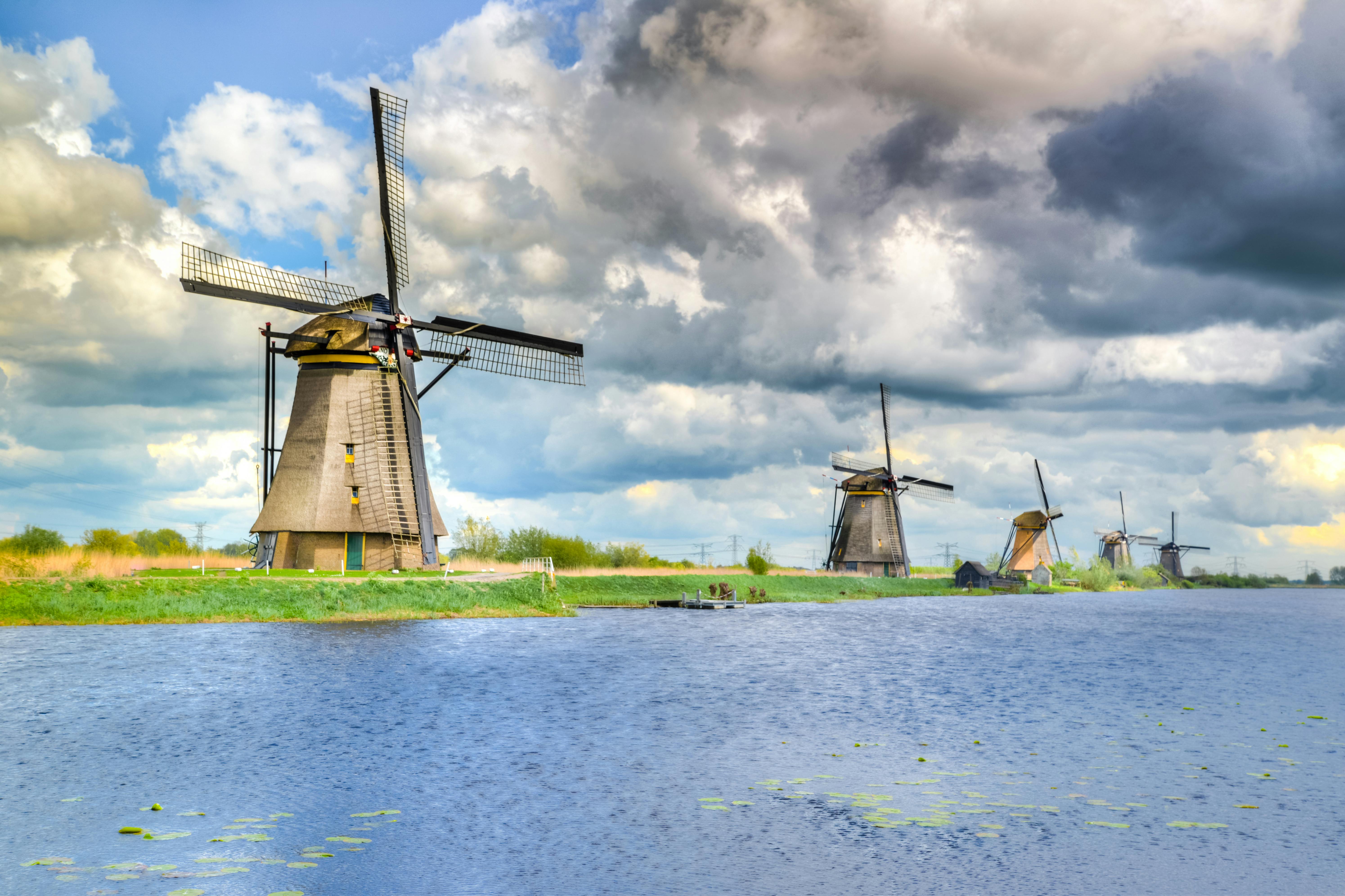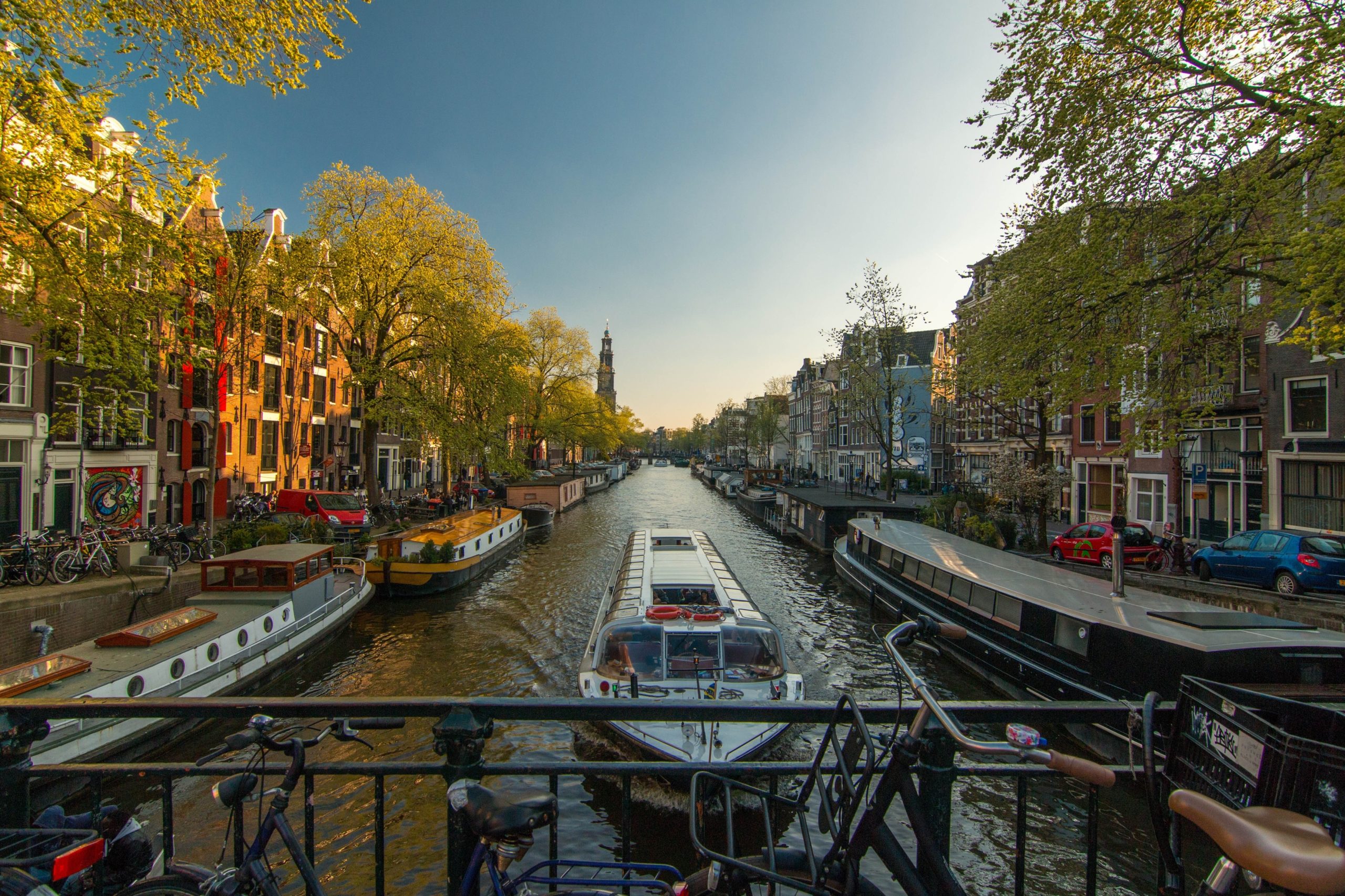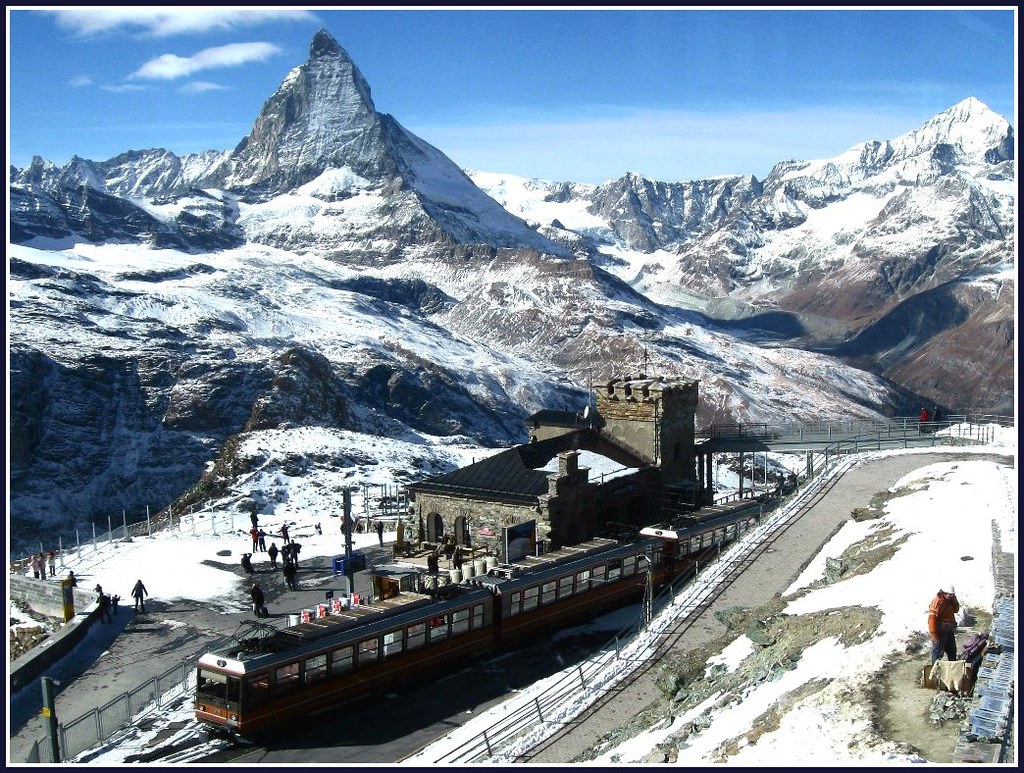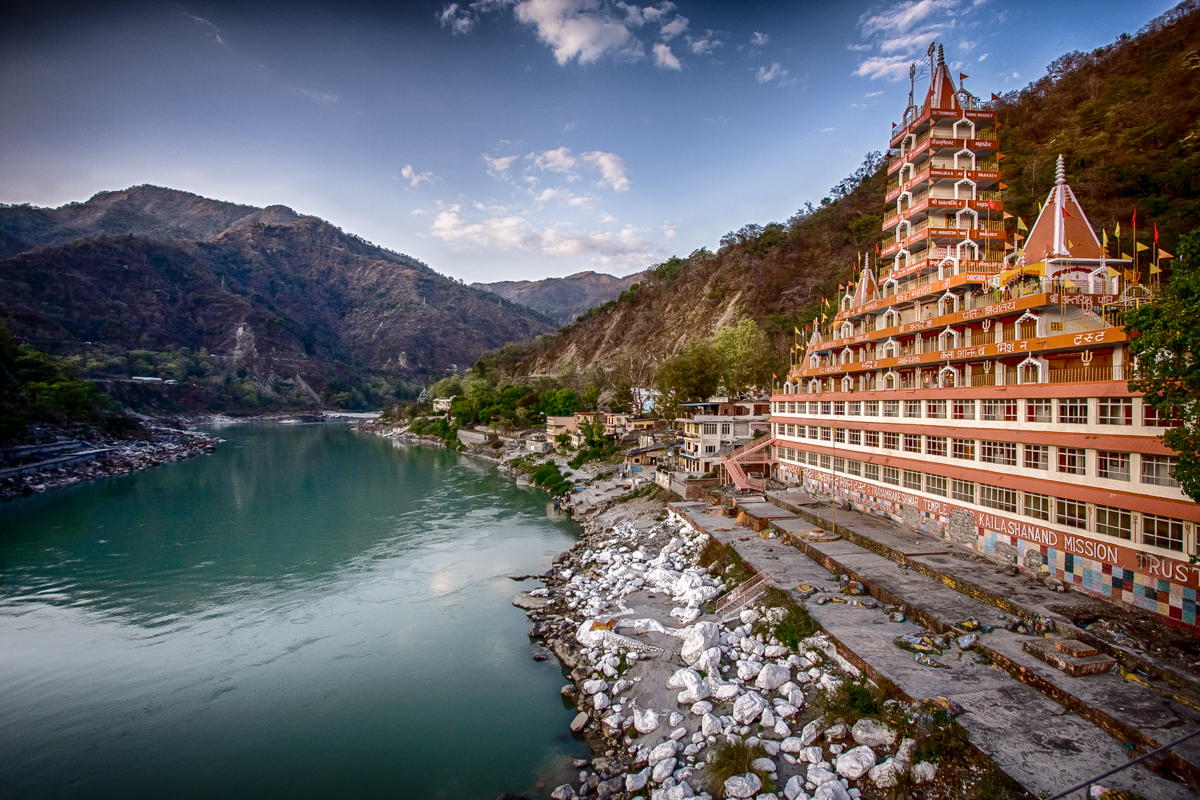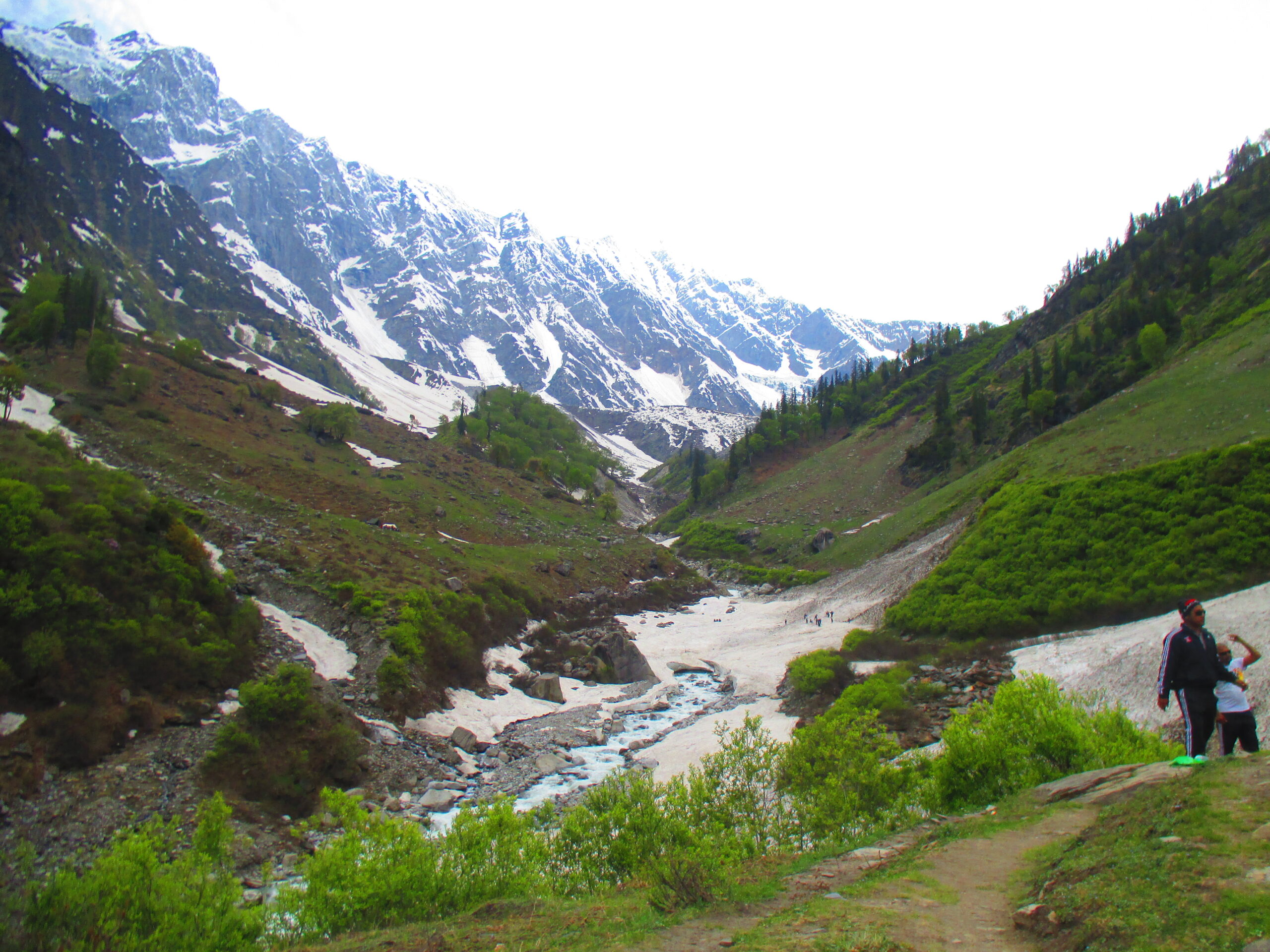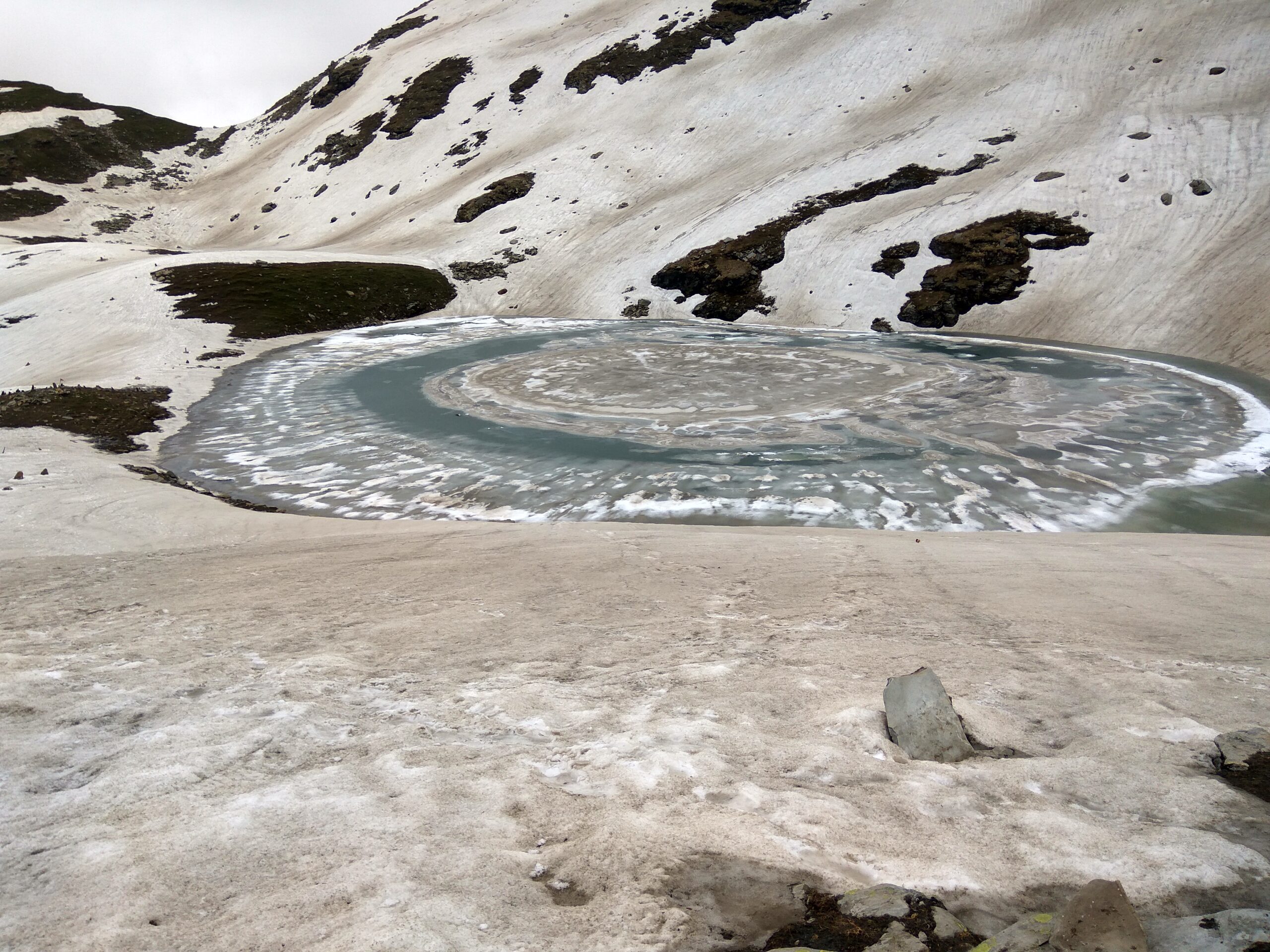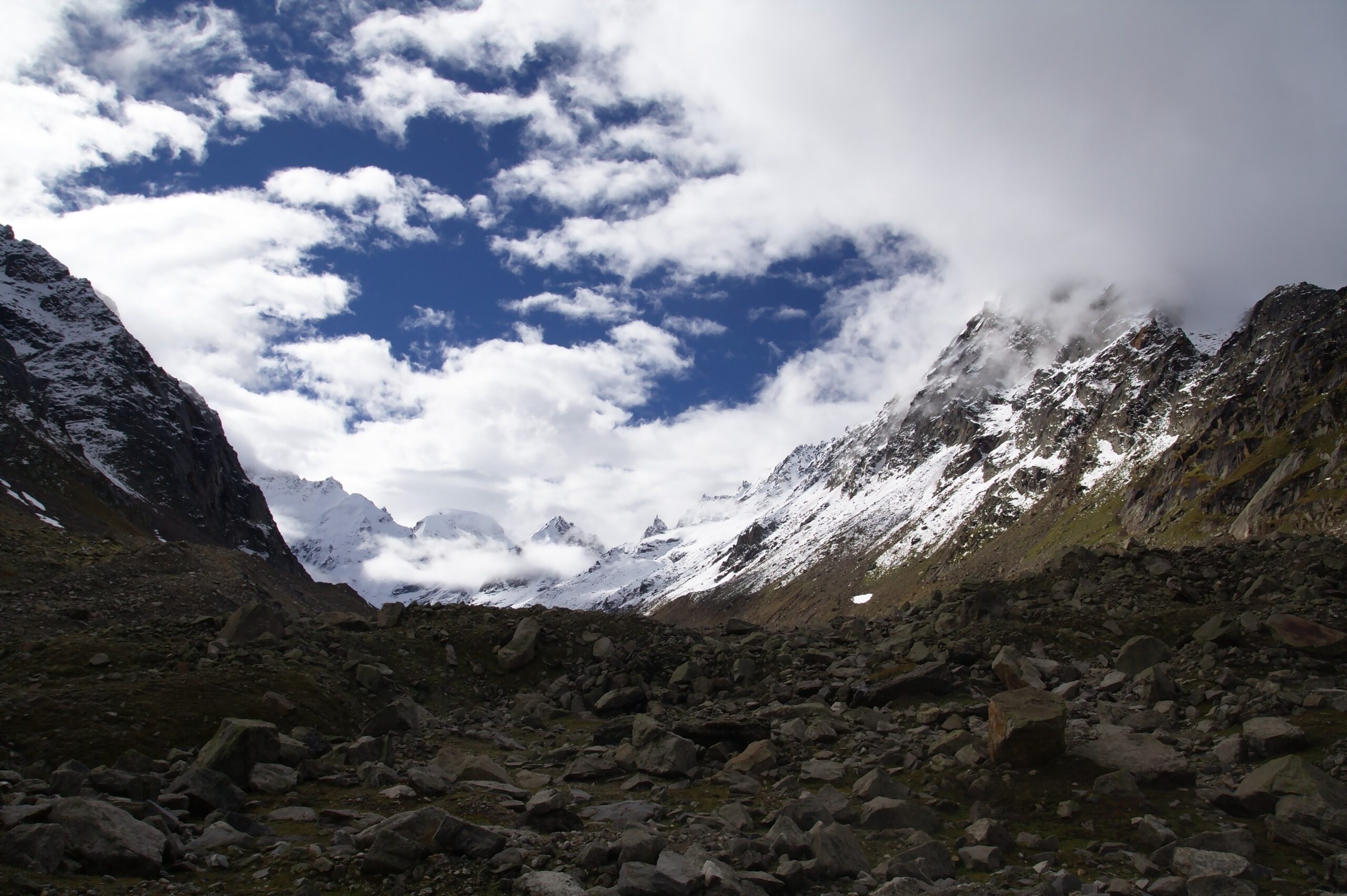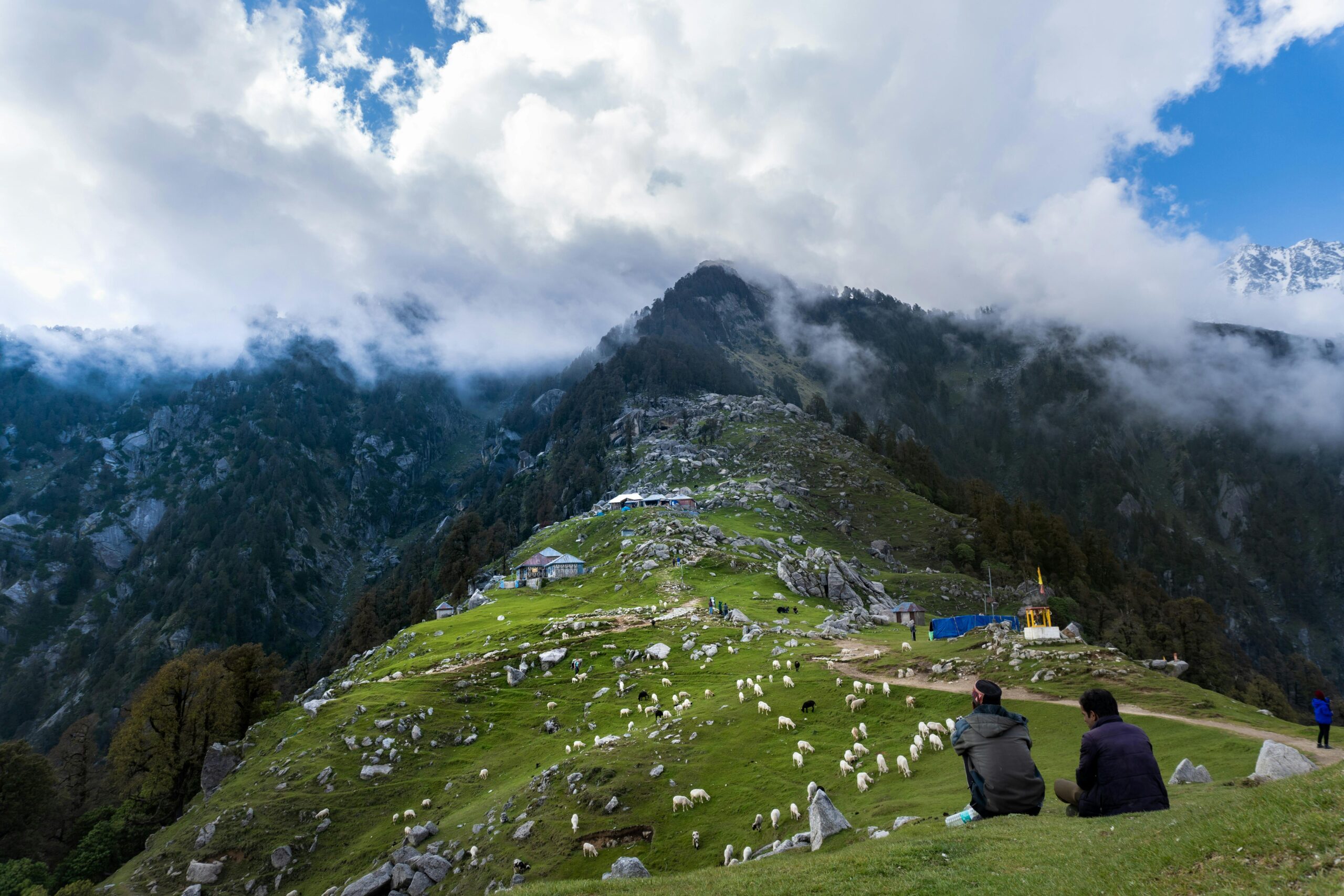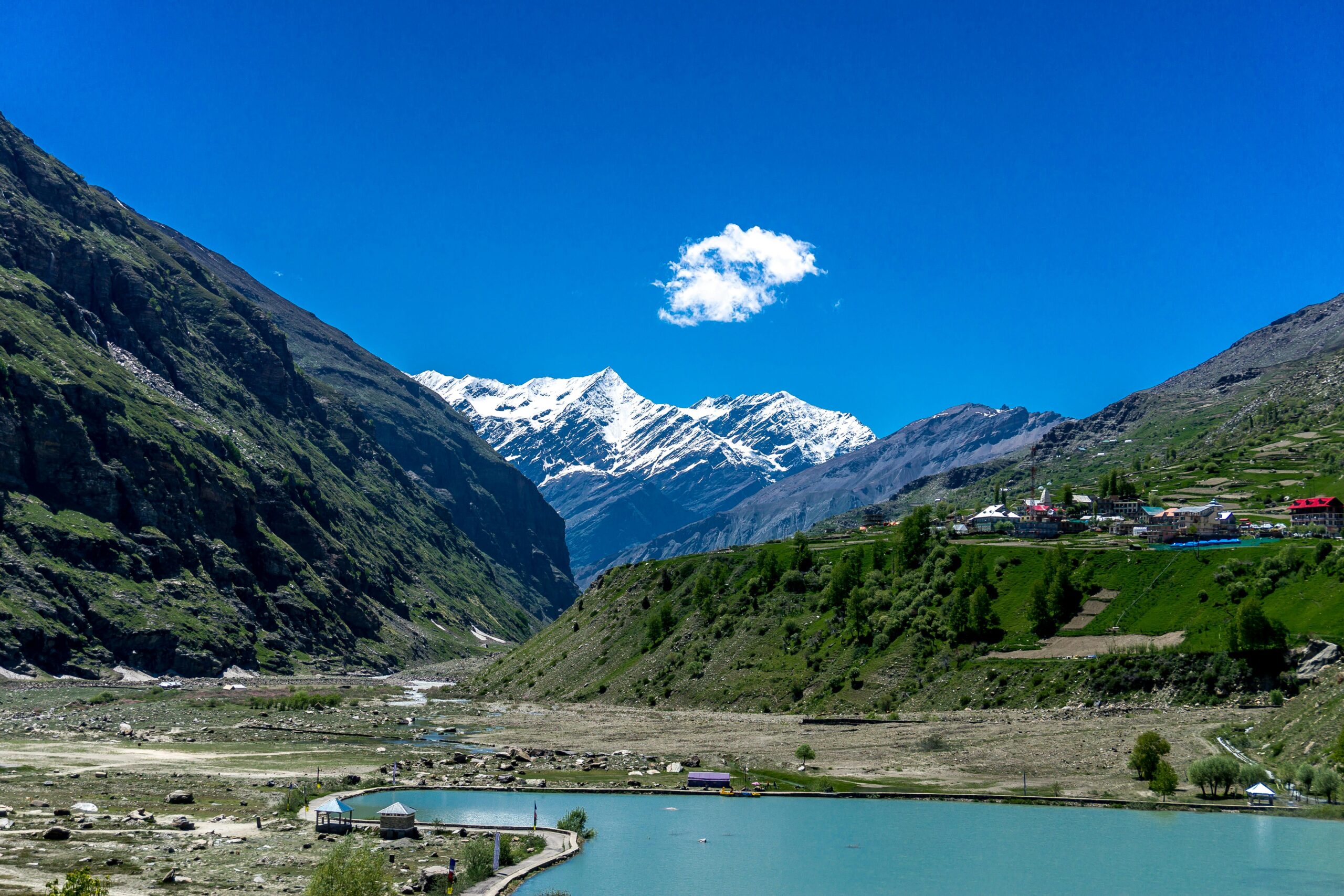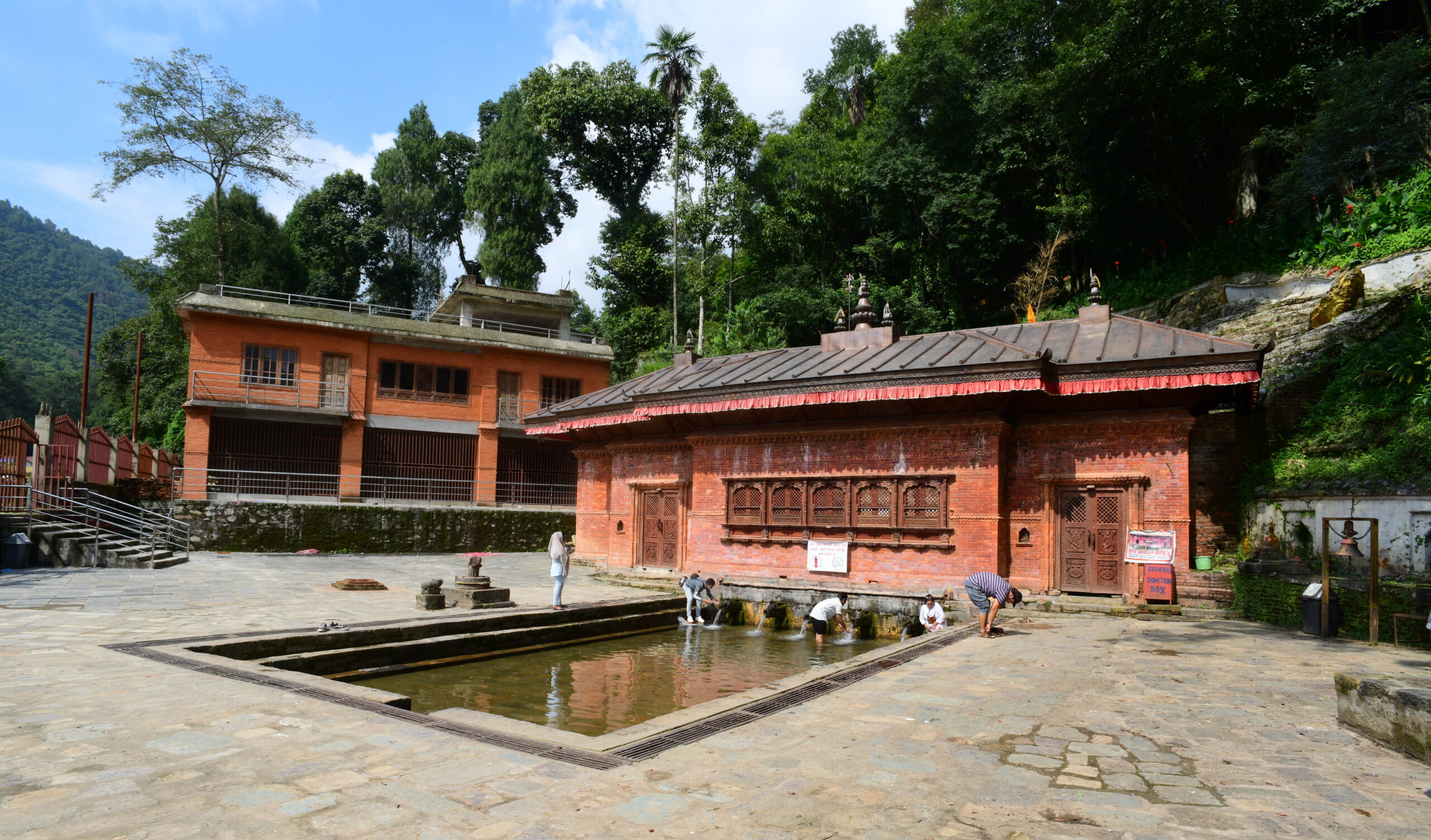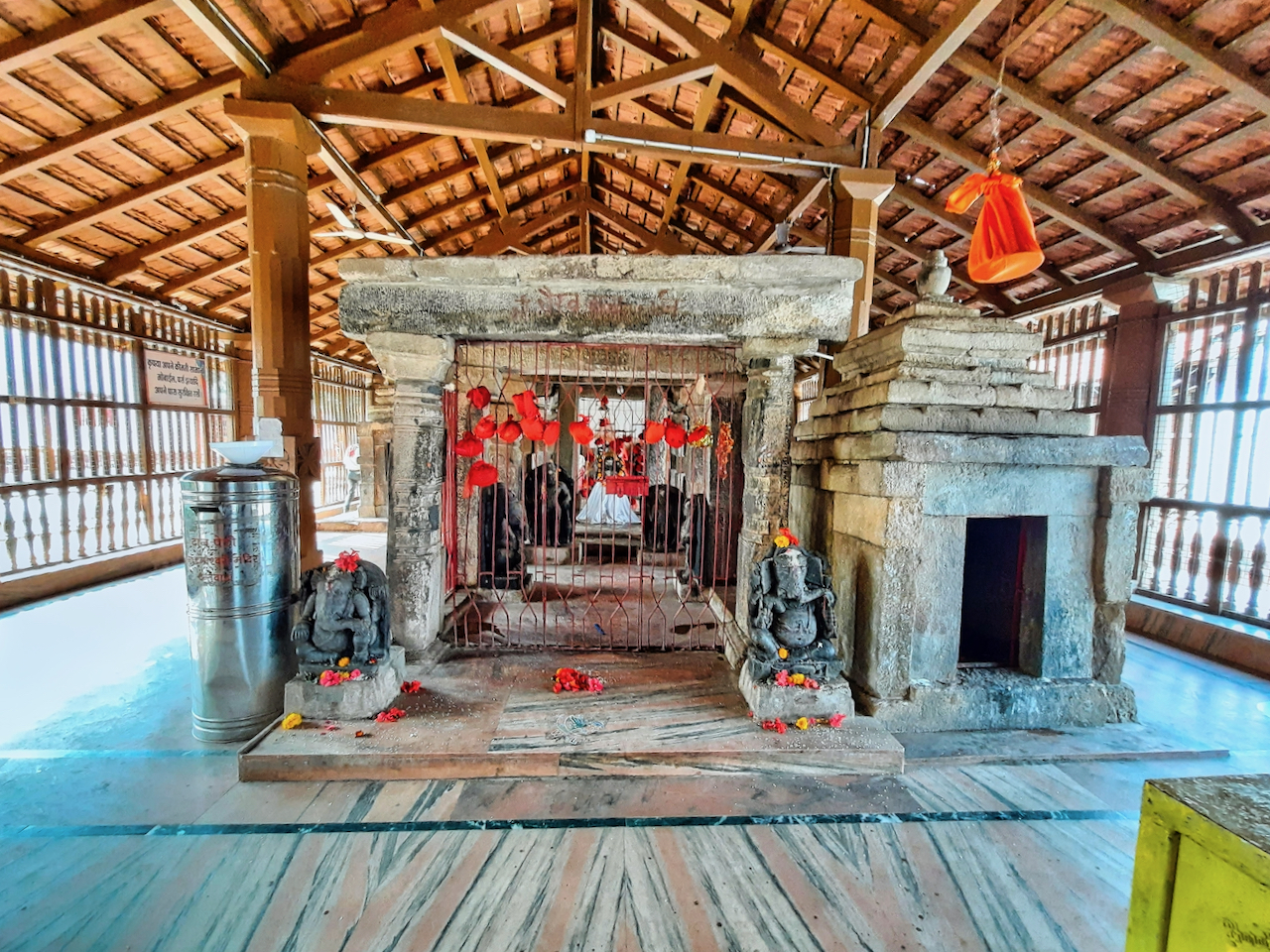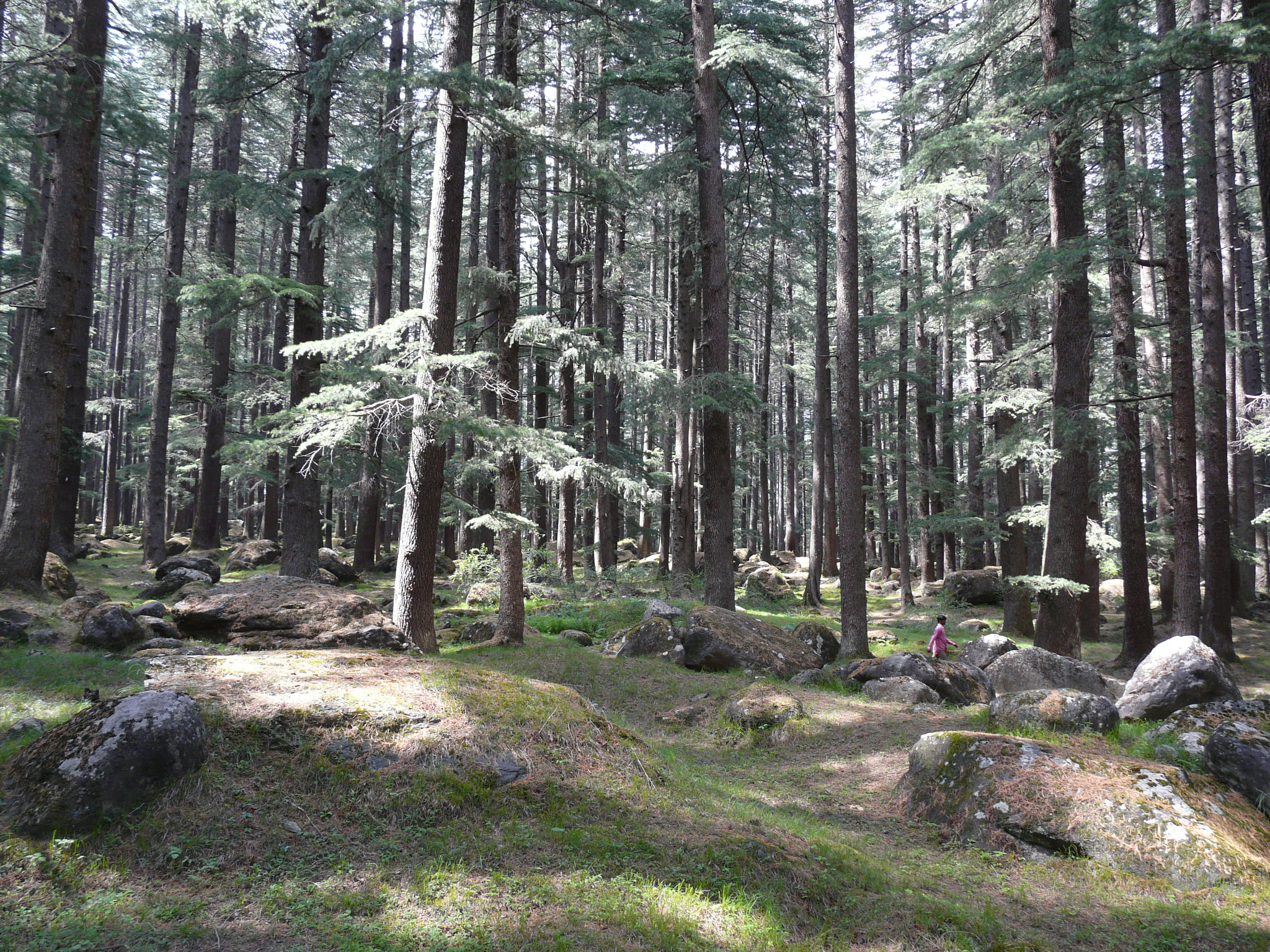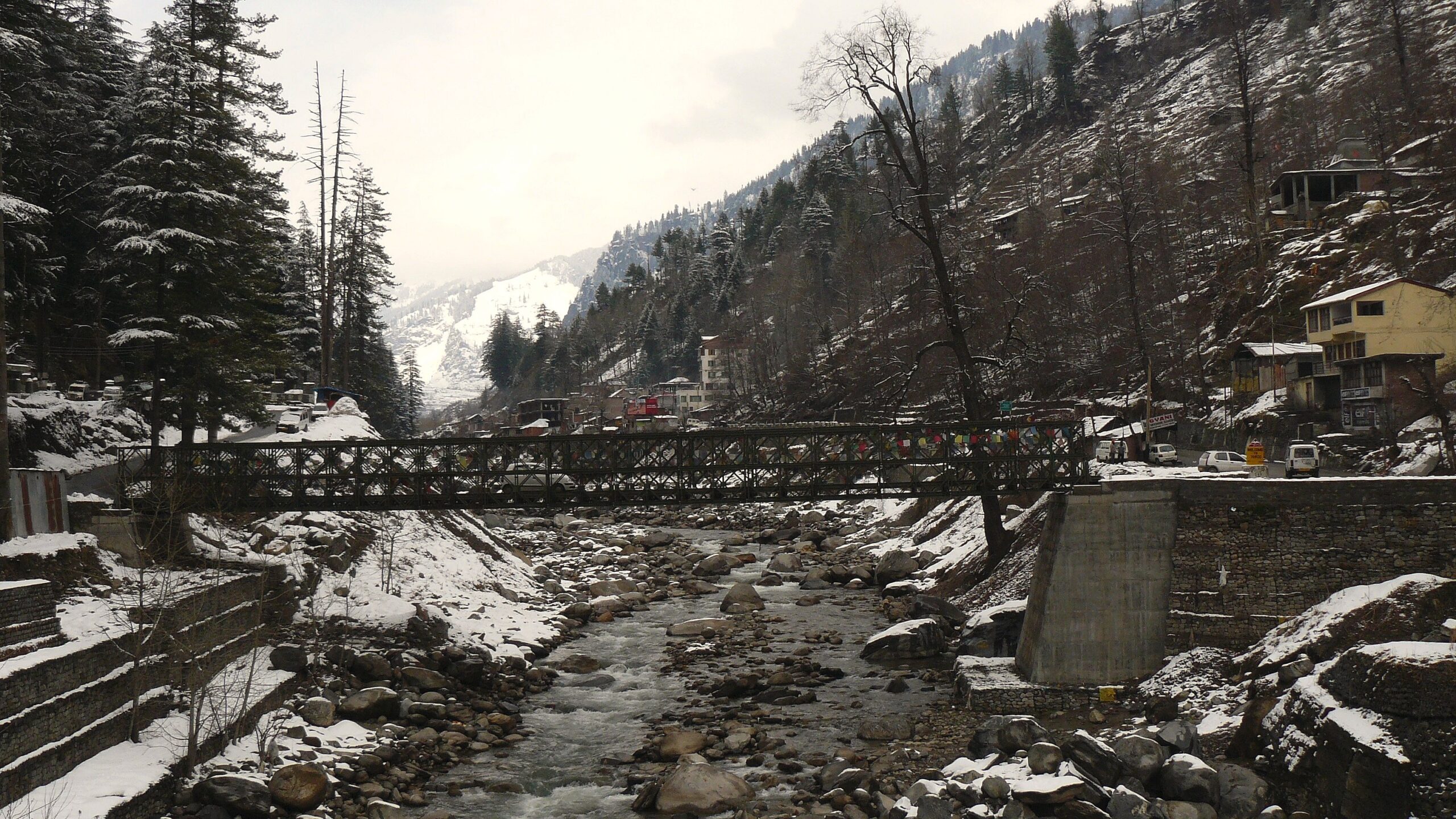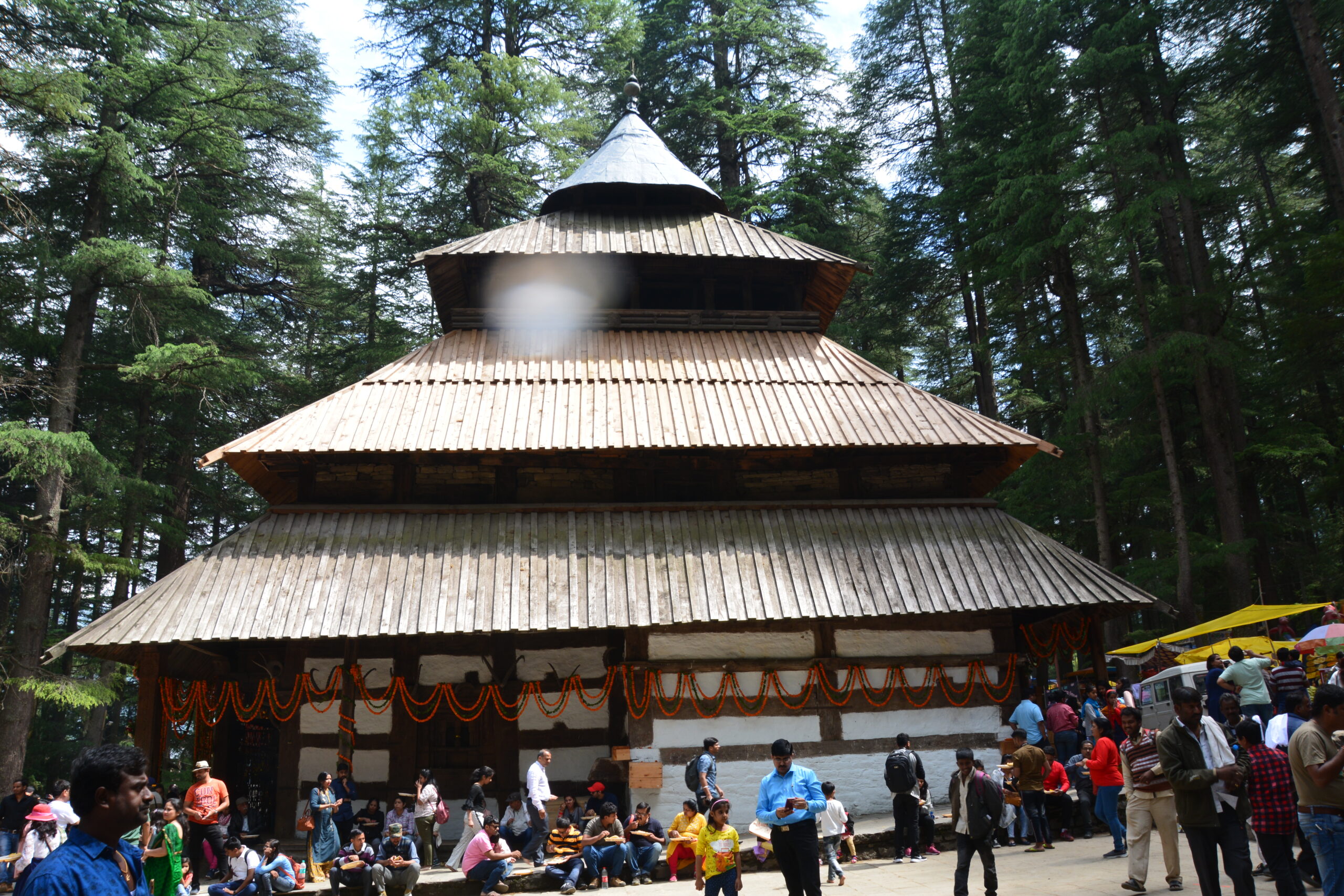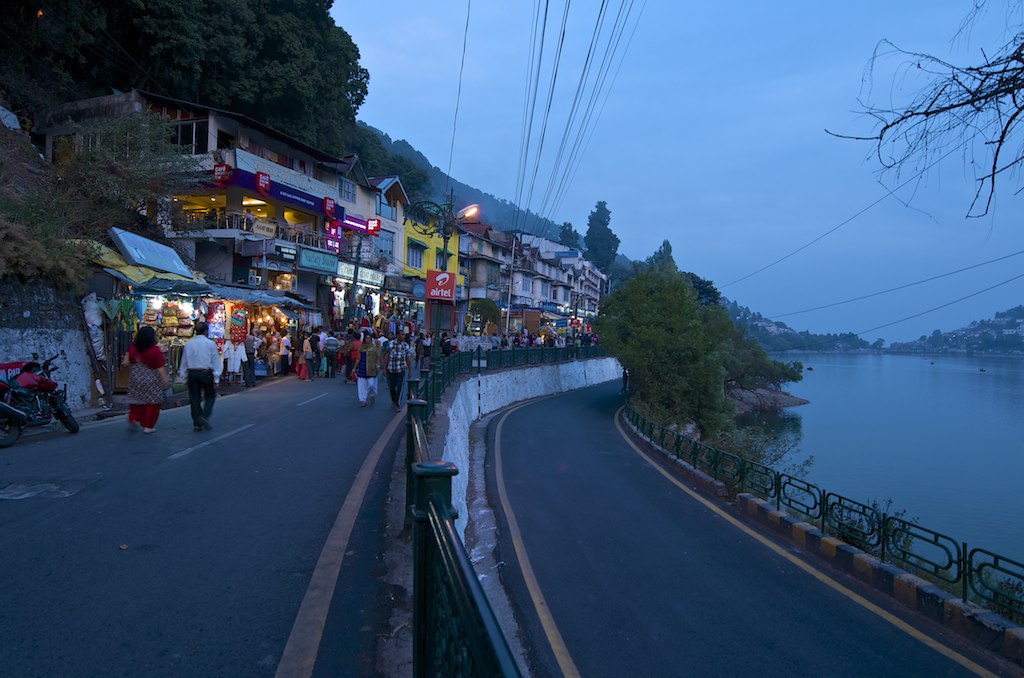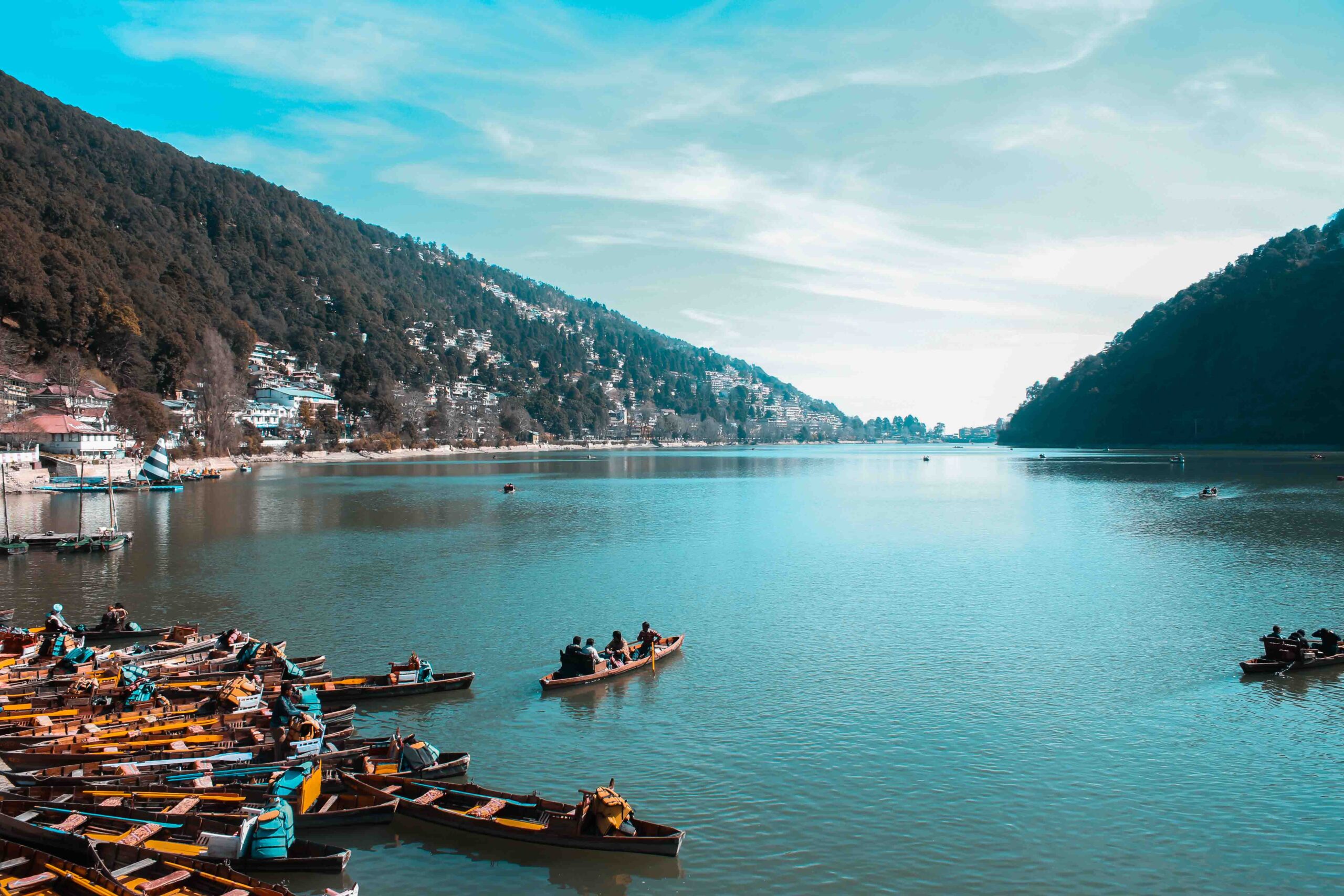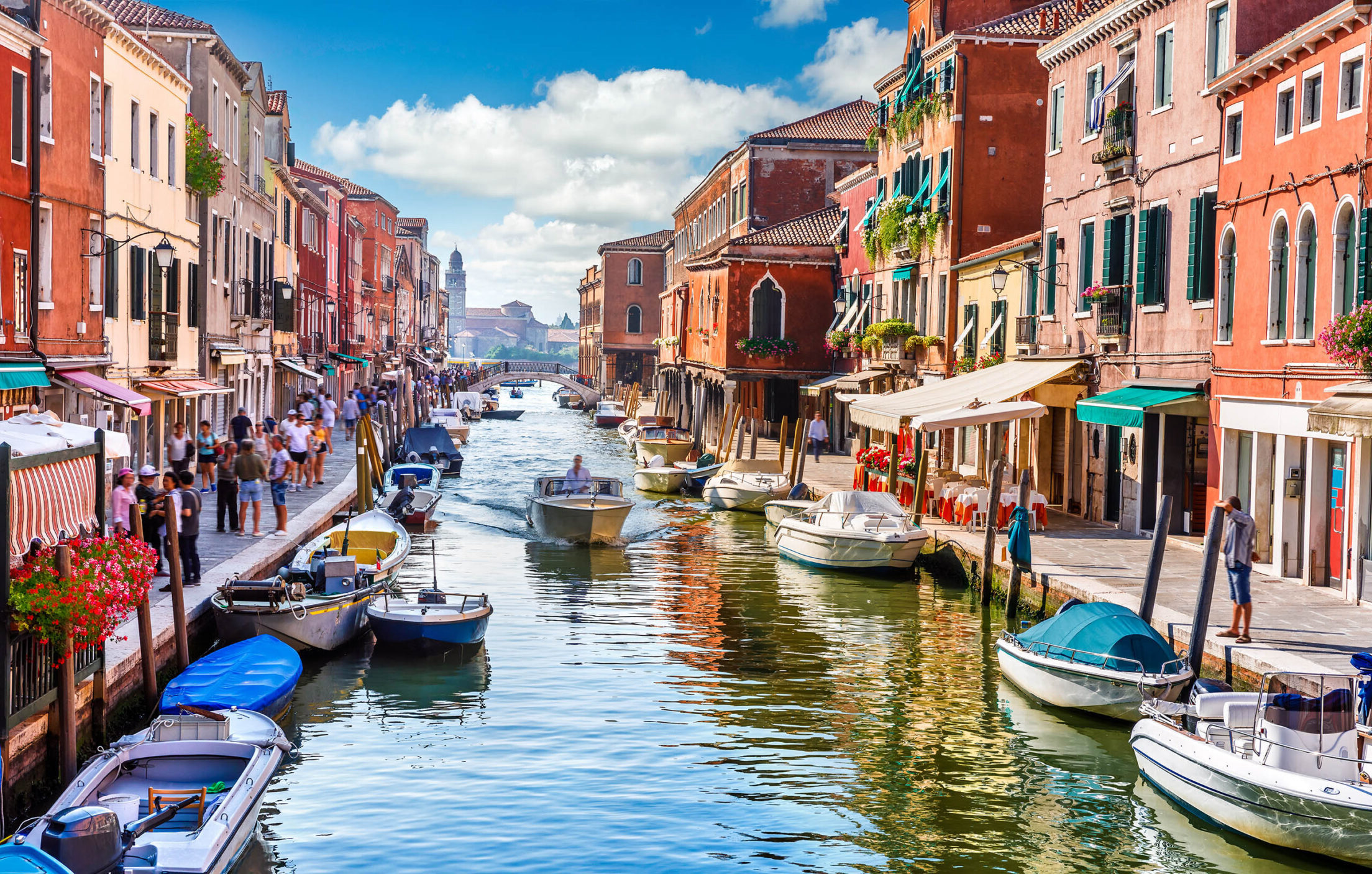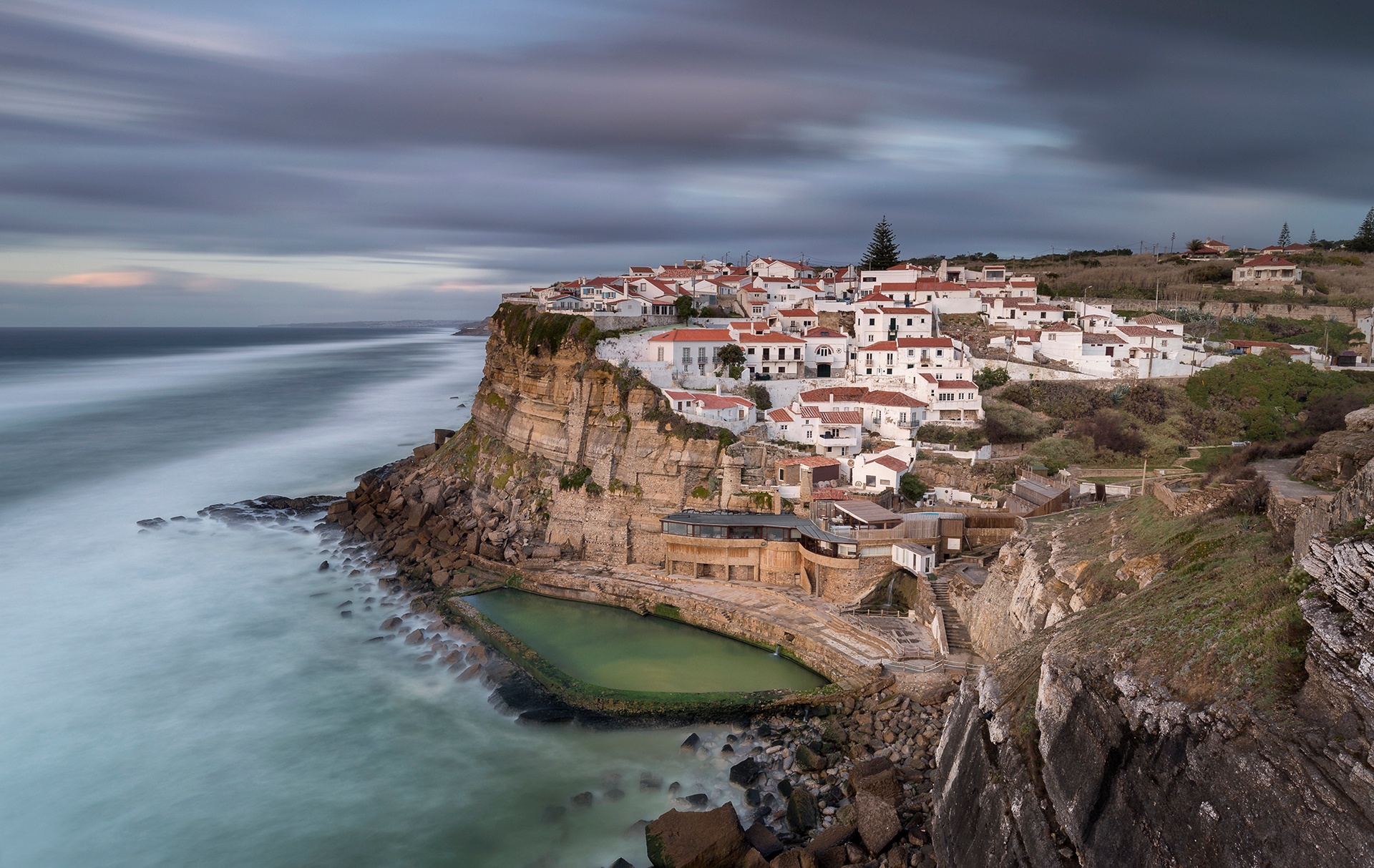
Welcome to our comprehensive guide on the best places to visit in Portugal! Discover the allure of this diverse country through its rich history, stunning landscapes, and vibrant culture. From the historic streets of Lisbon to the sun-kissed beaches of the Algarve, Portugal offers a wealth of experiences for every traveler. Whether you’re drawn to the medieval charm of Porto or the tranquil vineyards of the Douro Valley, each destination promises unique adventures and unforgettable memories. Join us as we uncover the top attractions, travel tips, and hidden gems that make Portugal a must-visit destination.
1. Lisbon

Explore Portugal’s best places to visit with a trip to Lisbon, the country’s vibrant capital. Easily reachable by air, train, bus, or car, Lisbon offers efficient local transportation including metro, trams, and buses. Stay in luxurious hotels like the Four Seasons Hotel Ritz or budget-friendly options like Goodmorning Solo Traveller Hostel. Savor local cuisine at Taberna da Rua das Flores or enjoy casual eats at Time Out Market. Visit top attractions like Jerónimos Monastery and Belém Tower. Lisbon’s rich history, culture, and modern amenities make it one of Portugal’s best destinations for travelers.
Lisbon, the vibrant capital of Portugal, is well-connected and easy to reach from various parts of the world.
By Air: Lisbon’s main airport, Humberto Delgado Airport (LIS), is located about 7 km from the city center. Many international airlines operate flights to Lisbon. A taxi from the airport to the city center costs around €15-€20, while the Aerobus shuttle service costs €4 per person.
By Train: Lisbon is accessible by train from major cities in Portugal and Spain. The main train stations are Santa Apolónia and Oriente.
By Bus: Several bus companies connect Lisbon with various European cities. The main bus terminal is Sete Rios.
By Car: Driving to Lisbon is an option, with well-connected highways from different parts of Portugal and Spain. Car rental prices vary, typically costing €20-€50 per day depending on the vehicle.
Lisbon’s comprehensive public transportation system makes it easy to explore the city.
Metro: The Lisbon Metro is the fastest way to travel around the city, with four lines covering most areas. A single journey ticket costs €1.50, and a 24-hour pass costs €6.40.
Trams and Buses: Lisbon’s iconic trams and extensive bus network are operated by Carris. A single tram or bus ticket costs €3, and a 24-hour pass valid for trams, buses, and the metro costs €6.40.
Funiculars and Elevators: Lisbon’s hilly terrain is navigable via funiculars and the Santa Justa Elevator. A single ride costs €3.80, and they are included in the 24-hour pass.
Taxis and Rideshares: Taxis are plentiful, and a typical ride within the city center costs €6-€10. Rideshare services like Uber are also available.
Walking and Cycling: Lisbon is a walkable city, especially in the historic districts. Bicycle rentals are available for about €10-€20 per day.
isbon offers a variety of accommodation options to suit different budgets and preferences.
Luxury Hotels: For a luxurious stay, consider the Four Seasons Hotel Ritz Lisbon, with rooms starting from €400 per night.
Mid-Range Hotels: The Lisboa Carmo Hotel offers comfortable accommodations and excellent amenities, with prices ranging from €150 to €250 per night. Lisboa Carmo Hotel.
Budget Hotels and Hostels: Travelers on a budget can stay at Goodmorning Solo Traveller Hostel, where dormitory beds start at around €20 per night, and private rooms are available from €60. Goodmorning Solo Traveller Hostel.
Guesthouses and Airbnb: There are many charming guesthouses and Airbnb options available throughout the city, with prices starting from €50 per night.
Lisbon’s culinary scene offers a delightful mix of traditional Portuguese cuisine and international flavors.
Local Cuisine: Don’t miss trying local specialties like Bacalhau à Brás and Pastéis de Nata. For traditional Portuguese dining, visit Taberna da Rua das Flores, where meals cost around €20-€40 per person. Taberna da Rua das Flores.
Fine Dining: For a fine dining experience, book a table at Belcanto, a Michelin-starred restaurant offering exquisite tasting menus starting from €165. Belcanto.
Casual Eats: For a more casual dining experience, head to Time Out Market, where you can enjoy a variety of dishes from different vendors for about €10-€20 per meal.
Cafes and Bakeries: Manteigaria is a must-visit bakery famous for its Pastéis de Nata. Prices for pastries range from €1.20 to €2. =
Weather: Lisbon has a mild Mediterranean climate, with hot summers and mild winters. Pack light clothing for summer and a jacket for cooler evenings in winter.
Best Time to Visit: The best time to visit Lisbon is during the spring (March to May) and fall (September to November) when the weather is pleasant and tourist crowds are smaller.
Tickets for Attractions: To avoid long lines, purchase tickets for popular attractions like the Jerónimos Monastery and Belém Tower online in advance. Combined tickets for both attractions cost around €12.
Tourist Cards: Consider getting the Lisboa Card, which offers free or discounted entry to many attractions and includes free public transport. Prices start at €20 for a 24-hour card. Lisboa Card.
Language: Portuguese is the official language, but English is widely spoken in tourist areas.
Currency and Payments: The currency is the Euro (€). Credit cards are widely accepted, but carrying some cash for small purchases and places that don’t accept cards is advisable.
Explore the vibrant city of Lisbon, where history, culture, and modernity blend seamlessly to offer an unforgettable travel experience!
2. Sintra

Discover Portugal’s best places to visit in the enchanting town of Sintra. Easily reachable from Lisbon by train, bus, or car, Sintra offers a variety of local transportation options, including charming trams and scenic tuk-tuks. Stay in luxurious hotels like Tivoli Palácio de Seteais or cozy guesthouses such as Casa do Valle. Indulge in local delicacies at Piriquita and enjoy fine dining at Restaurante Tulhas. Plan your visit during spring or fall for the best experience, and purchase tickets for popular attractions like Pena Palace in advance. Explore Sintra, one of Portugal’s best destinations, brimming with history, culture, and natural beauty.
Sintra, a charming town known for its stunning palaces and landscapes, is easily accessible from Lisbon.
By Train: The most convenient way to get to Sintra from Lisbon is by train. Trains leave regularly from Lisbon’s Rossio Station, and the journey takes approximately 40 minutes. A one-way ticket costs around €2.25. For schedules and more information, visit the Comboios de Portugal website.
By Car: Driving to Sintra is another option. The journey from Lisbon takes about 30-40 minutes via the A37 motorway. Car rentals in Lisbon range from €20 to €50 per day. Be prepared for limited parking in Sintra, especially during peak tourist season.
By Bus: Several bus services connect Lisbon to Sintra, with the Scotturb buses being a popular choice. The bus ride takes about 45 minutes to an hour and costs approximately €4.50 one way. Check schedules and fares on the Scotturb website.
Once you’re in Sintra, there are several ways to get around and explore the town’s attractions.
Sintra Tram: A delightful way to travel is by the historic Sintra tram, which runs from the town center to Praia das Maçãs. Tickets cost about €3 for a single journey. More details are available on the Sintra Tram website.
Local Buses and Tuk-Tuks: Scotturb operates local buses that can take you to key sites like Pena Palace and the Moorish Castle. Fares range from €1 to €5. Tuk-tuks are also available for short trips, typically costing €10-€15 for a 15-minute ride.
Walking and Cycling: Many of Sintra’s attractions are within walking distance of each other. Bicycles can be rented for about €15-€25 per day, providing a scenic way to explore.
Sintra offers a variety of accommodation options to suit different budgets and preferences.
Luxury Hotels: For a luxurious stay, consider the Tivoli Palácio de Seteais, a 5-star hotel offering elegant rooms and stunning views. Prices start from around €250 per night.
Mid-Range Hotels: Sintra Boutique Hotel is a great mid-range option, providing comfortable accommodations with excellent amenities. Prices range from €100 to €150 per night. Sintra Boutique Hotel.
Budget Hotels and Hostels: For budget travelers, Moon Hill Hostel offers dormitory beds starting at €20 per night and private rooms from €50. Moon Hill Hostel.
Guesthouses and Airbnb: There are many charming guesthouses and Airbnb options available, such as Casa do Valle, with prices starting from €60 per night. Casa do Valle.
Sintra’s culinary scene offers a mix of traditional Portuguese cuisine and international dishes.
Local Cuisine: Sample local delicacies like Travesseiros and Queijadas at Piriquita. For traditional meals, visit Tascantiga, where dishes like Bacalhau à Brás cost around €15. Tascantiga.
Fine Dining: Enjoy a fine dining experience at Restaurante Tulhas, known for its fresh seafood and gourmet Portuguese dishes. Expect to pay €30-€50 per person.
Casual Eats: For a casual meal, try Cantinho Gourmet, where you can enjoy various dishes for €10-€20.
Cafes and Bakeries: Don’t miss out on visiting Piriquita, famous for its Travesseiros and Queijadas, priced between €1.50 and €3 each.
Weather: Sintra has a mild climate, but it can be cooler and wetter than Lisbon due to its elevation. Pack a light jacket and an umbrella, especially if visiting in fall or winter.
Best Time to Visit: The best times to visit are spring (March to May) and fall (September to October) when the weather is pleasant, and the crowds are smaller.
Tickets for Attractions: To avoid long lines, purchase tickets for popular attractions like Pena Palace and the Moorish Castle online in advance. Prices for Pena Palace start at €14. Pena Palace Tickets.
Tourist Cards: The Lisbon Card offers free or discounted entry to many Sintra attractions and includes free public transport. Prices start at €20 for a 24-hour card. Lisbon Card.
Language: Portuguese is the official language, but English is widely spoken in tourist areas.
Currency and Payments: The currency is the Euro (€). Credit cards are widely accepted, but carrying some cash for small purchases and places that don’t accept cards is advisable.
Enjoy your visit to Sintra, a town rich in history, culture, and natural beauty!
3. Douro Valley

Explore Douro Valley, one of the best places to visit in Portugal, renowned for its stunning vineyards and scenic landscapes. Easily accessible by car, train, or boat from Porto, Douro Valley offers a mix of transportation options including car rentals and guided tours. Stay in luxurious wine estates like Quinta do Vallado or charming guesthouses in Pinhão. Savor local cuisine and enjoy wine tastings at renowned quintas. Visit during the grape harvest season for an unforgettable experience. Douro Valley’s beauty and unique experiences make it a top destination among Portugal’s best places to visit.
Douro Valley, renowned for its stunning vineyards and scenic landscapes, is accessible from major cities in Portugal.
By Car: Driving to Douro Valley is a popular option, offering picturesque views along the way. From Porto, the journey takes about 1.5 to 2 hours via the A4 and A24 highways.
By Train: The most scenic way to reach Douro Valley is by train from Porto’s São Bento Station. The journey to Pinhão, a central town in Douro Valley, takes around 2 hours.
By Boat: For a unique experience, take a cruise along the Douro River from Porto to Pinhão. Cruises vary in length and pricing, offering breathtaking views of the valley.
Exploring Douro Valley requires a mix of transportation options due to its rural nature.
Car Rentals: Renting a car allows for flexibility in exploring remote vineyards and viewpoints. Prices range from €30 to €80 per day, depending on the vehicle and rental company.
Tour Packages: Many companies offer guided tours from Porto that include transportation to and around Douro Valley. Prices start around €80 per person for day trips.
Local Taxis and Transfers: Taxis are available in larger towns like Pinhão and Peso da Régua for shorter journeys, though they can be expensive for longer trips.
Douro Valley offers a range of accommodations, from luxurious wine estates to charming guesthouses.
Quintas (Wine Estates): Stay at a quinta for an immersive experience in vineyard life. Quinta do Vallado and Quinta Nova are renowned options with prices starting around €150 per night. Quinta do Vallado | Quinta Nova
Hotels and Guesthouses: Peso da Régua and Pinhão have hotels and guesthouses catering to various budgets. Prices range from €50 to €200 per night.
Farm Stays: Experience rural life by staying at a farm or rural guesthouse. Prices start around €50 per night.
Douro Valley is celebrated for its wine and traditional cuisine, offering a delightful gastronomic experience.
Wine Tastings: Visit local quintas for wine tastings and tours. Prices vary but expect to pay around €10-€20 per person for tastings.
Restaurants: Sample regional dishes such as Bacalhau à Brás and roasted kid. Prices range from €15 to €30 per person for a meal at a mid-range restaurant.
Local Markets: Visit local markets in towns like Peso da Régua for fresh produce and traditional products.
Weather: Douro Valley has hot summers and mild winters. Pack accordingly, especially if visiting in summer.
Best Time to Visit: The best time to visit is during the grape harvest season (September to October) when vineyards are bustling with activity.
Language: Portuguese is the official language, but English is spoken in tourist areas.
Currency: The currency is the Euro (€). Credit cards are widely accepted, but it’s advisable to have cash for smaller establishments.
Activities: Explore hiking trails, take boat cruises on the Douro River, and visit historic landmarks like Mateus Palace.
Discover the beauty of Douro Valley, where vineyards, river cruises, and traditional cuisine await in Portugal’s picturesque heartland.
4. Algarve

Discover the Algarve, one of the most beautiful places in Portugal, known for its stunning coastline, golden beaches, and charming towns. Easily reachable by air, train, bus, or car, the Algarve offers various transportation options, including car rentals and local buses. Stay in luxurious resorts like Vila Vita Parc or budget-friendly hostels like Rising Cock Party Hostel. Savor fresh seafood at traditional restaurants or enjoy fine dining at Michelin-starred establishments. Explore breathtaking beaches, vibrant markets, and scenic natural parks, making the Algarve a top destination among Portugal’s picturesque locations.
The Algarve, known for its stunning coastline, golden beaches, and charming towns, is a top destination in Portugal.
By Air: Faro Airport (FAO) is the main gateway to the Algarve, located about 4 km from Faro city center. Numerous international airlines operate flights to Faro. A taxi from the airport to the city center costs around €10-€15, while a bus ride costs approximately €2.30.
By Train: The Algarve is accessible by train from major cities like Lisbon and Porto. The Alfa Pendular and Intercidades trains connect Lisbon to Faro in about 2.5 to 3 hours. Tickets start at around €20.
By Bus: Several bus companies offer routes from Lisbon and other major cities to the Algarve. The journey from Lisbon to Faro takes around 3 hours, with ticket prices starting at €20.
By Car: Driving to the Algarve from Lisbon takes approximately 2.5 to 3 hours via the A2 highway. Car rental prices vary, generally costing between €20 and €50 per day depending on the vehicle.
Exploring the Algarve’s diverse attractions requires a mix of transportation options.
Car Rentals: Renting a car is the most convenient way to explore the region, offering flexibility to visit remote beaches and towns. Rental prices range from €20 to €50 per day. Major rental companies operate at Faro Airport and throughout the Algarve.
Local Buses: EVA Transportes operates an extensive bus network within the Algarve, connecting major towns and cities. Tickets typically cost between €2 and €10, depending on the distance.
Taxis and Rideshares: Taxis are readily available, and rideshare services like Uber operate in the region. Typical taxi fares within towns cost around €5-€15, depending on the distance.
Bicycles and Scooters: Many coastal towns offer bicycle and scooter rentals, providing an eco-friendly way to explore. Rental prices range from €10 to €20 per day.
The Algarve offers a wide range of accommodation options to suit various budgets and preferences.
Luxury Hotels: For a luxurious stay, consider booking at Vila Vita Parc Resort & Spa, with rooms starting from €300 per night.
Mid-Range Hotels: Hotel Marina Rio in Lagos offers comfortable accommodations with excellent amenities, with prices ranging from €80 to €150 per night.
Budget Hotels and Hostels: For budget travelers, Rising Cock Party Hostel in Lagos offers dormitory beds starting at around €20 per night and private rooms from €50. Rising Cock Party Hostel.
- Guesthouses and Airbnb: There are numerous charming guesthouses and Airbnb options available throughout the Algarve, with prices starting from €50 per night.
The Algarve is renowned for its fresh seafood and traditional Portuguese cuisine.
Local Cuisine: Try regional specialties such as Cataplana de Marisco (seafood stew) and Sardinhas Assadas (grilled sardines). A meal at a traditional restaurant costs around €15-€30 per person. Consider dining at A Ruína in Albufeira for an authentic experience.
Fine Dining: For a fine dining experience, visit Ocean Restaurant at Vila Vita Parc, a Michelin-starred restaurant offering exquisite tasting menus starting from €180.
Casual Eats: For a more casual dining experience, head to Mercado de Loulé, where you can enjoy a variety of local dishes at affordable prices, typically €10-€20 per meal.
Cafes and Bakeries: Visit Pastelaria Algarve in Faro for traditional Portuguese pastries like Pastéis de Nata. Prices for pastries range from €1 to €2.
Weather: The Algarve boasts a Mediterranean climate with hot summers and mild winters. Pack light clothing for summer and a light jacket for cooler evenings in winter.
Best Time to Visit: The best time to visit the Algarve is during the spring (April to June) and fall (September to November) when the weather is pleasant and tourist crowds are smaller.
Beaches: Explore some of the Algarve’s best beaches, such as Praia da Marinha and Praia da Rocha. Be sure to bring sunscreen and water as the sun can be intense.
Activities: Enjoy a variety of activities, including boat tours, hiking, and water sports. Consider visiting Ria Formosa Natural Park for bird watching and exploring the unique wetlands.
Language: Portuguese is the official language, but English is widely spoken in tourist areas.
Currency and Payments: The currency is the Euro (€). Credit cards are widely accepted, but it’s advisable to carry some cash for smaller purchases and establishments.
Experience the stunning beauty, delicious cuisine, and vibrant culture of the Algarve, one of the best places to visit in Portugal.
5. Madeira Island

Discover Madeira Island, one of the top destinations in Portugal, renowned for its lush landscapes and unique cuisine. Easily reachable by air or sea, Madeira offers various local transportation options including car rentals and public buses. Stay in luxurious hotels like Belmond Reid’s Palace or budget-friendly hostels like Madeira Happy Hostel. Savor local delicacies at traditional restaurants or enjoy fine dining at Michelin-starred Il Gallo d’Oro. Explore scenic hiking trails and vibrant local festivals, making Madeira Island a must-see among Portugal’s top travel spots.
Madeira Island, known for its breathtaking landscapes and lush greenery, is a top destination for nature lovers and adventure seekers.
By Air: The main gateway to Madeira is Cristiano Ronaldo Madeira International Airport (FNC), located near Funchal. Direct flights are available from many European cities. A taxi from the airport to Funchal city center costs around €25-€30, while an Aerobus service costs about €5 per person. For more details, visit the Madeira Airport website.
By Sea: Madeira can also be reached by sea with cruise ships frequently docking at Funchal’s port. Additionally, ferries operate between Madeira and the nearby island of Porto Santo. Prices and schedules vary; check the Porto Santo Line website for more information.
Getting around Madeira is facilitated by various transportation options.
Car Rentals: Renting a car is the best way to explore Madeira’s diverse landscapes. Prices range from €25 to €50 per day, depending on the vehicle and rental company. Major rental agencies are available at the airport and in Funchal.
Public Buses: Horários do Funchal operates bus services within Funchal and to other parts of the island. Tickets cost around €1.95 for a single journey within Funchal. For schedules and fares, visit the Horários do Funchal website.
Taxis and Rideshares: Taxis are readily available, with rides within Funchal costing around €10-€20. Rideshare services like Bolt also operate on the island.
Cable Cars: For a unique experience, take a cable car ride from Funchal to Monte, offering stunning views. A one-way ticket costs €12.50, and a round-trip ticket is €18. Madeira Cable Car
Madeira offers a variety of accommodation options to suit different budgets and preferences.
Luxury Hotels: Enjoy a luxurious stay at Belmond Reid’s Palace, with rooms starting from €350 per night.
Mid-Range Hotels: The Castanheiro Boutique Hotel in Funchal offers comfortable accommodations with excellent amenities, with prices ranging from €100 to €200 per night. Castanheiro Boutique Hotel.
Budget Hotels and Hostels: For budget travelers, stay at Madeira Happy Hostel, where dormitory beds start at around €20 per night, and private rooms from €40. Madeira Happy Hostel.
Guesthouses and Airbnb: Numerous charming guesthouses and Airbnb options are available throughout the island, with prices starting from €40 per night.
Madeira is celebrated for its fresh, local cuisine and unique flavors.
Local Cuisine: Try regional specialties like Espetada (grilled beef skewers) and Bolo do Caco (traditional bread). A meal at a traditional restaurant costs around €15-€30 per person. For an authentic experience, dine at O Lagar. O Lagar.
Fine Dining: For a fine dining experience, visit Il Gallo d’Oro, a Michelin-starred restaurant offering exquisite tasting menus starting from €100. Il Gallo d’Oro.
Casual Eats: For a casual dining experience, visit Mercado dos Lavradores in Funchal, where you can enjoy a variety of local dishes at affordable prices, typically €10-€20 per meal.
Cafes and Bakeries: Don’t miss sampling Madeira’s famous honey cake at a local bakery. Prices for pastries range from €1 to €3.
Weather: Madeira enjoys a mild subtropical climate, making it an ideal year-round destination. Pack light clothing and a jacket for cooler evenings.
Best Time to Visit: The best time to visit Madeira is during the spring (March to May) and fall (September to November) when the weather is pleasant and the island is less crowded.
Hiking and Outdoor Activities: Madeira is renowned for its hiking trails, known as levadas. Popular routes include Levada do Caldeirão Verde and Levada do Rei. Always carry water and wear appropriate footwear.
Festivals: Experience Madeira’s vibrant culture by attending festivals like the Madeira Flower Festival in spring and the Madeira Wine Festival in September.
Language: Portuguese is the official language, but English is widely spoken in tourist areas.
Currency and Payments: The currency is the Euro (€). Credit cards are widely accepted, but it’s advisable to carry some cash for smaller establishments.
Discover the lush landscapes, rich culture, and culinary delights of Madeira Island, one of the most beautiful places in Portugal.
6. Azores Islands

Discover the Azores Islands, a captivating archipelago known for its stunning landscapes and unique volcanic features, making it one of the top travel spots in Portugal. Easily reachable by air and sea, the Azores offer various transportation options including car rentals and public buses. Stay in luxurious hotels like Terra Nostra Garden Hotel or budget-friendly hostels such as PJA – Pousadas de Juventude. Savor local delicacies like Cozido das Furnas and Queijadas da Vila. Explore hiking trails, whale watching, and vibrant festivals, ensuring the Azores Islands are among the must-visit places in Portugal.
The Azores Islands, an archipelago in the North Atlantic Ocean, are known for their stunning landscapes, volcanic activity, and rich marine life.
By Air: The main gateway to the Azores is Ponta Delgada Airport (PDL) on São Miguel Island. Direct flights are available from Lisbon, Porto, and several international cities. Airlines such as TAP Air Portugal and Azores Airlines operate frequent flights. Prices vary, but a round trip from Lisbon starts at around €100.
Inter-Island Flights: SATA Air Açores operates flights between the islands, with prices starting at around €60 for a one-way ticket. Check schedules and prices on the SATA Air Açores website.
By Sea: Ferry services operate between the islands, with tickets priced around €30-€60 depending on the route and season. Visit the Atlânticoline website for more information.
Exploring the Azores requires a mix of transportation options due to its island geography.
Car Rentals: Renting a car is the most convenient way to explore the islands. Prices range from €30 to €60 per day, depending on the vehicle and rental company. Major rental agencies are available at airports and in major towns.
Public Buses: Each island has a network of public buses, though they may not cover remote areas. Ticket prices typically range from €1 to €5.
Taxis and Rideshares: Taxis are available, and fares vary depending on distance. Expect to pay around €10-€20 for short trips within towns.
Bicycles and Scooters: Many islands offer bicycle and scooter rentals for eco-friendly travel. Prices start at around €15 per day.
The Azores offers a range of accommodations to suit different budgets and preferences.
Luxury Hotels: Enjoy a luxurious stay at the Terra Nostra Garden Hotel on São Miguel Island, with rooms starting from €150 per night. Terra Nostra Garden Hotel.
Mid-Range Hotels: Hotel do Canal in Horta, Faial Island, offers comfortable accommodations with prices ranging from €80 to €150 per night.
Budget Hotels and Hostels: For budget travelers, PJA – Pousadas de Juventude offers affordable stays with dormitory beds starting at around €20 per night and private rooms from €40. PJA – Pousadas de Juventude.
Guesthouses and Airbnb: Numerous charming guesthouses and Airbnb options are available throughout the islands, with prices starting from €40 per night.
The Azores are celebrated for their fresh, local cuisine, featuring a mix of seafood, meat, and dairy products.
Local Cuisine: Try regional specialties such as Cozido das Furnas (a stew cooked using volcanic steam) and Queijadas da Vila (cheese pastries). A meal at a traditional restaurant costs around €15-€30 per person. For an authentic experience, dine at Tony’s Restaurant in Furnas.
Fine Dining: For a fine dining experience, visit Restaurant Alcides in Ponta Delgada, offering exquisite Azorean dishes with prices starting from €25. Restaurant Alcides.
Casual Eats: For a more casual dining experience, visit Mercado da Graça in Ponta Delgada, where you can enjoy a variety of local dishes at affordable prices, typically €10-€20 per meal.
Cafes and Bakeries: Don’t miss sampling Bolo Lêvedo (a type of sweet bread) at a local bakery. Prices for pastries range from €1 to €3.
Weather: The Azores have a mild maritime climate, with relatively stable temperatures year-round. Pack layers and a waterproof jacket, as weather can change quickly.
Best Time to Visit: The best time to visit is from May to September when the weather is warmer and ideal for outdoor activities.
Outdoor Activities: The Azores are perfect for hiking, whale watching, and diving. Popular hiking trails include the Sete Cidades trail on São Miguel Island and the Capelinhos Volcano on Faial Island.
Festivals: Experience the islands’ vibrant culture by attending festivals like the Festas do Senhor Santo Cristo in May and the Semana do Mar in August.
Language: Portuguese is the official language, but English is widely spoken in tourist areas.
Currency and Payments: The currency is the Euro (€). Credit cards are widely accepted, but it’s advisable to carry some cash for smaller establishments.
Discover the natural beauty, rich culture, and delicious cuisine of the Azores Islands, one of the most enchanting destinations in Portugal.
7. Évora

Explore Évora, a UNESCO World Heritage site and one of the most enchanting destinations in Portugal. Easily reachable from Lisbon, Évora offers a variety of transportation options including public buses and bicycle rentals. Stay in luxurious hotels like Pousada Convento de Évora or budget-friendly hostels such as Old Évora Hostel. Delight in traditional Alentejo cuisine at renowned restaurants like Restaurante Fialho and savor local pastries at charming bakeries. Discover historical attractions, picturesque streets, and local wineries, making Évora one of the top places to visit in Portugal.
Évora, a UNESCO World Heritage site, is known for its well-preserved medieval architecture, rich history, and charming atmosphere, making it one of the best places to visit in Portugal.
By Air: The nearest major airport to Évora is Lisbon Portela Airport (LIS). From Lisbon, you can reach Évora by train, bus, or car.
By Train: Direct trains from Lisbon to Évora run several times a day. The journey takes about 1.5 to 2 hours, with ticket prices starting around €12. Check schedules and book tickets on the Comboios de Portugal website.
By Bus: Buses from Lisbon to Évora are operated by Rede Expressos. The journey takes approximately 1.5 hours, with tickets starting at around €12. Visit the Rede Expressos website for schedules and booking.
By Car: Driving to Évora from Lisbon takes about 1.5 hours via the A6 motorway. Car rental prices vary, generally costing between €20 and €50 per day.
Évora is a small, walkable city, but other transportation options are available.
Walking: Most of Évora’s main attractions are within walking distance of each other, making it easy to explore the city on foot.
Bicycles: Renting a bicycle is a great way to see more of the city and surrounding areas. Prices typically start at around €10 per day. Services like Ebora Megalithica offer rentals.
Public Buses: The local bus network, operated by Trevo, is useful for reaching areas outside the city center. A single ticket costs around €1.50. For more information, visit the Trevo website.
Taxis: Taxis are readily available and fares within the city center are generally around €5-€10. Rideshare services like Uber also operate in Évora.
Évora offers a range of accommodations to suit different budgets and preferences.
Luxury Hotels: Enjoy a luxurious stay at the Pousada Convento de Évora, with rooms starting from €150 per night.
Mid-Range Hotels: The Albergaria do Calvário offers comfortable accommodations with prices ranging from €80 to €120 per night. Albergaria do Calvário.
Budget Hotels and Hostels: For budget travelers, Old Évora Hostel offers dormitory beds starting at around €15 per night and private rooms from €40. Old Évora Hostel.
Guesthouses and Airbnb: Numerous charming guesthouses and Airbnb options are available throughout Évora, with prices starting from €30 per night.
Évora is known for its traditional Alentejo cuisine, which features rich flavors and local ingredients.
Local Cuisine: Try regional specialties such as Açorda Alentejana (bread soup) and Porco Preto (black pork). A meal at a traditional restaurant costs around €15-€30 per person. For an authentic experience, dine at Restaurante Fialho. Restaurante Fialho.
Fine Dining: For a fine dining experience, visit Restaurante Divinus at the Convento do Espinheiro, offering exquisite tasting menus starting from €50.
Casual Eats: For a more casual dining experience, visit Mercado Municipal de Évora, where you can enjoy a variety of local dishes at affordable prices, typically €10-€20 per meal.
Cafes and Bakeries: Don’t miss sampling the local pastry, Pão de Rala, at a local bakery. Prices for pastries range from €1 to €3.
Weather: Évora has a Mediterranean climate with hot summers and mild winters. Pack light clothing for summer and a jacket for cooler evenings in winter.
Best Time to Visit: The best time to visit Évora is during the spring (April to June) and fall (September to November) when the weather is pleasant and the city is less crowded.
Historical Attractions: Évora is home to numerous historical and cultural attractions, such as the Roman Temple, Évora Cathedral, and the Chapel of Bones. Be sure to explore the picturesque streets and squares.
Wine Tasting: The Alentejo region is famous for its wine. Visit a local winery, such as Herdade do Esporão, for a tasting tour.
Language: Portuguese is the official language, but English is widely spoken in tourist areas.
Currency and Payments: The currency is the Euro (€). Credit cards are widely accepted, but it’s advisable to carry some cash for smaller establishments.
Experience the historical charm, rich culture, and delicious cuisine of Évora, one of the must-visit places in Portugal.
8. Porto

Discover Porto, one of the top destinations in Portugal, renowned for its historic architecture, vibrant culture, and world-famous port wine. Easily accessible by air, train, or bus, Porto offers various transportation options, including an efficient metro system and affordable car rentals. Stay in luxurious hotels like The Yeatman or budget-friendly hostels such as Gallery Hostel Porto. Indulge in local delicacies at traditional restaurants and savor gourmet meals at Michelin-starred establishments. Explore cultural attractions and scenic views, making Porto one of the must-see places in Portugal.
Porto, the vibrant city known for its rich history, stunning architecture, and world-famous port wine, is one of the best places to visit in Portugal.
By Air: Francisco Sá Carneiro Airport (OPO) is the main airport serving Porto. It is located about 11 km from the city center. Numerous airlines, including TAP Air Portugal and Ryanair, operate flights to Porto. A taxi from the airport to the city center costs around €20-€30, while the Metro costs approximately €2.60 for a single ticket.
By Train: Porto is well-connected by train to other major cities in Portugal. The Alfa Pendular and Intercidades trains from Lisbon to Porto take about 2.5 to 3 hours, with tickets starting at around €25.
By Bus: Several bus companies offer routes to Porto from major cities. The journey from Lisbon to Porto takes around 3.5 hours, with tickets starting at €20.
By Car: Driving to Porto from Lisbon takes approximately 3 hours via the A1 highway. Car rental prices vary, generally costing between €20 and €50 per day depending on the vehicle.
Porto offers a range of transportation options to help you explore the city with ease.
Metro: The Porto Metro system is efficient and covers most of the city and surrounding areas. A single ticket costs around €1.20-€2.00, depending on the zone. For more details, visit the Metro do Porto website.
Buses and Trams: STCP operates an extensive bus and tram network. Single tickets cost €1.20 when purchased in advance or €2.00 on board.
Taxis and Rideshares: Taxis are widely available, with typical fares within the city center costing around €5-€15. Rideshare services like Uber and Bolt also operate in Porto.
Bicycles and Scooters: Porto has several bike rental services, including electric bikes and scooters. Prices start at around €10 per day for bikes and €15 for scooters.
Porto offers a variety of accommodation options to suit different budgets and preferences.
Luxury Hotels: For a luxurious stay, consider the Yeatman Hotel, with rooms starting from €300 per night. The Yeatman Hotel.
Mid-Range Hotels: The PortoBay Teatro in the city center offers comfortable accommodations with prices ranging from €100 to €200 per night.
Budget Hotels and Hostels: For budget travelers, Gallery Hostel Porto offers dormitory beds starting at around €20 per night and private rooms from €50. Gallery Hostel Porto.
Guesthouses and Airbnb: Numerous charming guesthouses and Airbnb options are available throughout Porto, with prices starting from €40 per night.
Porto is celebrated for its rich culinary traditions and exceptional wine.
Local Cuisine: Try regional specialties such as Francesinha (a hearty sandwich) and Tripas à Moda do Porto (tripe stew). A meal at a traditional restaurant costs around €15-€30 per person. For an authentic experience, dine at Café Santiago.
Fine Dining: For a fine dining experience, visit the Michelin-starred The Yeatman Restaurant, offering exquisite tasting menus starting from €120.
Casual Eats: For a more casual dining experience, visit Mercado do Bolhão, where you can enjoy a variety of local dishes at affordable prices, typically €10-€20 per meal.
Cafes and Bakeries: Don’t miss sampling Pastel de Nata (custard tart) at a local bakery. Prices for pastries range from €1 to €3.
Weather: Porto has a moderate climate with warm summers and mild winters. Pack light clothing for summer and a jacket for cooler evenings in winter.
Best Time to Visit: The best time to visit Porto is during the spring (April to June) and fall (September to November) when the weather is pleasant and the tourist crowds are smaller.
Cultural Attractions: Porto is home to numerous cultural and historical attractions, such as the Livraria Lello bookstore, the Clérigos Tower, and the São Bento Railway Station. Be sure to visit the Ribeira district, a UNESCO World Heritage site.
Wine Tasting: Porto is famous for its port wine. Visit one of the many wine cellars in Vila Nova de Gaia for a tasting tour. Popular choices include Sandeman and Graham’s.
Language: Portuguese is the official language, but English is widely spoken in tourist areas.
Currency and Payments: The currency is the Euro (€). Credit cards are widely accepted, but it’s advisable to carry some cash for smaller establishments.
Experience the rich history, vibrant culture, and culinary delights of Porto, one of the must-visit places in Portugal.
9. Óbidos

Explore Óbidos, a medieval gem and one of the top destinations in Portugal. Discover its historic castle, cobblestone streets, and vibrant culture. Easily accessible from Lisbon by train or car, Óbidos offers a range of accommodations from luxury hotels to charming guesthouses. Indulge in local cuisine at traditional restaurants and cafes. Don’t miss the annual festivals and cultural events that make Óbidos one of the best places to visit in Portugal.
Óbidos, a charming medieval town known for its well-preserved castle and historic architecture, is one of the top destinations in Portugal.
By Air: The nearest major airport to Óbidos is Lisbon Portela Airport (LIS). From Lisbon, Óbidos is accessible by train, bus, or car. For more details on flights, visit the Lisbon Airport website.
By Train: Direct trains from Lisbon to Óbidos run several times a day. The journey takes about 1 hour, with ticket prices starting around €8. Check schedules and book tickets on the Comboios de Portugal website.
By Bus: Buses from Lisbon to Óbidos are operated by Rede Expressos. The journey takes approximately 1 hour, with tickets starting at around €8. Visit the Rede Expressos website for schedules and booking.
By Car: Driving to Óbidos from Lisbon takes about 1 hour via the A8 motorway. Car rental prices vary, generally costing between €20 and €50 per day.
Óbidos is a small, easily walkable town, but other transportation options are available.
Walking: Most of Óbidos’ attractions are within walking distance of each other, making it easy to explore the town on foot.
Bicycles: Renting a bicycle is a great way to see more of the town and its surroundings. Prices typically start at around €10 per day. Services like Óbidos Cycling offer rentals.
Public Buses: The local bus network connects Óbidos with nearby towns and villages. A single ticket costs around €1.50. For more information, visit the Rodoviária do Oeste website.
Taxis: Taxis are available, and fares within the town center are generally around €5-€10. Rideshare services like Uber also operate in Óbidos.
Óbidos offers a range of accommodations to suit different budgets and preferences.
Luxury Hotels: Enjoy a luxurious stay at the Pousada Castelo de Óbidos, with rooms starting from €150 per night.
Mid-Range Hotels: The Hotel Real D’Óbidos offers comfortable accommodations with prices ranging from €80 to €120 per night. Hotel Real D’Óbidos.
Budget Hotels and Hostels: For budget travelers, Hostel Argonauta offers dormitory beds starting at around €15 per night and private rooms from €40. Hostel Argonauta.
Guesthouses and Airbnb: Numerous charming guesthouses and Airbnb options are available throughout Óbidos, with prices starting from €30 per night.
Óbidos is known for its traditional Portuguese cuisine and local specialties.
Local Cuisine: Try regional specialties such as Caldeirada (fish stew) and Bacalhau à Lagareiro (baked cod). A meal at a traditional restaurant costs around €15-€30 per person. For an authentic experience, dine at Restaurante O Caldeirão.
Fine Dining: For a fine dining experience, visit the Michelin-starred Restaurante Bom Sucesso, offering exquisite tasting menus starting from €50.
Casual Eats: For a more casual dining experience, visit Mercado Biológico de Óbidos, where you can enjoy a variety of local dishes at affordable prices, typically €10-€20 per meal.
Cafes and Bakeries: Don’t miss sampling Ginja de Óbidos (cherry liqueur) at a local cafe. Prices for a shot of Ginja range from €1 to €3.
Weather: Óbidos has a mild climate with warm summers and cool winters. Pack light clothing for summer and a jacket for cooler evenings in winter.
Best Time to Visit: The best time to visit Óbidos is during the spring (April to June) and fall (September to November) when the weather is pleasant and the town is less crowded.
Cultural Attractions: Óbidos is home to numerous cultural and historical attractions, such as the Óbidos Castle, the Church of Santa Maria, and the Aqueduct of Óbidos. Be sure to explore the narrow cobblestone streets and colorful houses.
Festivals: Experience the town’s vibrant culture by attending festivals like the Óbidos Medieval Market in July and the Óbidos Chocolate Festival in March.
Language: Portuguese is the official language, but English is widely spoken in tourist areas.
Currency and Payments: The currency is the Euro (€). Credit cards are widely accepted, but it’s advisable to carry some cash for smaller establishments.
Experience the medieval charm, rich culture, and delicious cuisine of Óbidos, one of the must-visit places in Portugal.
10 Cascais

Discover Cascais, a coastal gem and one of the best places to visit in Portugal. Explore its sandy beaches, historic landmarks, and vibrant culture. Easily accessible from Lisbon, Cascais offers diverse accommodations, from luxury hotels to charming guesthouses. Indulge in local cuisine at traditional restaurants and cafes. Don’t miss the annual festivals and scenic beauty that make Cascais a top destination in Portugal.
Cascais, a charming coastal town known for its sandy beaches, historic landmarks, and lively atmosphere, is a top destination in Portugal.
By Air: The nearest major airport to Cascais is Lisbon Portela Airport (LIS). From Lisbon, Cascais is easily accessible by train, bus, or car.
By Train: Trains from Lisbon to Cascais run frequently, with a journey time of approximately 40 minutes. Tickets cost around €2.30 and can be purchased at the station or online via Comboios de Portugal.
By Bus: Buses from Lisbon to Cascais are operated by Scotturb and take around 45 minutes to 1 hour. Tickets cost approximately €4 and can be purchased on board or at the station. Check schedules on Scotturb website.
By Car: Driving to Cascais from Lisbon takes about 30-40 minutes via the A5 motorway. Car rental prices vary, generally ranging from €20 to €50 per day.
Cascais offers convenient transportation options for exploring the town and nearby attractions.
Walking: Cascais is a pedestrian-friendly town, and most attractions are within walking distance of each other.
Bicycles: Renting a bicycle is a popular way to explore Cascais and its scenic coastline. Prices start at around €10 per day. Visit local rental shops or check Bike Iberia for options.
Public Transport: Cascais has an efficient bus network operated by Scotturb, connecting the town with surrounding areas. A single bus ticket costs approximately €1.50. For schedules and routes, visit the Scotturb website.
Taxis and Rideshares: Taxis are readily available in Cascais, with fares within the town center typically costing between €5 and €10. Uber also operates in the area.
Cascais offers a variety of accommodations to suit different budgets and preferences.
Luxury Hotels: Stay at the Hotel Cascais Miragem Health & Spa or the Grande Real Villa Itália Hotel & Spa, with prices starting from €150 per night. Hotel Cascais Miragem | Grande Real Villa Itália
Mid-Range Hotels: The Vila Gale Cascais and Hotel Baia Cascais offer comfortable accommodations with prices ranging from €80 to €120 per night. Vila Gale Cascais | Hotel Baia Cascais
Budget Hotels and Hostels: For budget travelers, Cascais Bay Hostel and HI Hostel Cascais offer dormitory beds starting at around €15 per night and private rooms from €40. Cascais Bay Hostel
Guesthouses and Airbnb: Numerous charming guesthouses and Airbnb options are available throughout Cascais, with prices starting from €30 per night.
Cascais boasts a diverse culinary scene, offering everything from traditional Portuguese dishes to international cuisine.
Local Cuisine: Try fresh seafood dishes such as grilled sardines and seafood rice. A meal at a mid-range restaurant costs around €15-€30 per person. Visit Mar do Inferno for seafood specialties. Mar do Inferno
Fine Dining: Enjoy gourmet dining at Michelin-starred restaurants like Fortaleza do Guincho, offering tasting menus starting from €80. Fortaleza do Guincho
Casual Eats: For a more casual dining experience, visit Mercado da Vila, where you can find a variety of food stalls and restaurants offering meals for €10-€20.
Cafes and Bakeries: Don’t miss trying traditional Portuguese pastries such as Pastel de Nata (custard tart) at local cafes. Prices range from €1 to €3.
Weather: Cascais enjoys a Mediterranean climate with mild winters and warm summers. Pack light clothing for summer and a jacket for cooler evenings.
Best Time to Visit: The best time to visit Cascais is during the spring (April to June) and fall (September to October) when the weather is pleasant and the town is less crowded.
Beaches and Outdoor Activities: Explore Cascais’ beautiful beaches like Praia do Guincho and Praia da Rainha, ideal for swimming and water sports. Don’t miss visiting the Boca do Inferno cliffs for stunning views.
Language: Portuguese is the official language, but English is widely spoken in tourist areas.
Currency and Payments: The currency is the Euro (€). Credit cards are widely accepted, but it’s advisable to carry some cash for smaller establishments.
Enjoy the coastal beauty, rich history, and culinary delights of Cascais, making it one of the must-visit places in Portugal.

